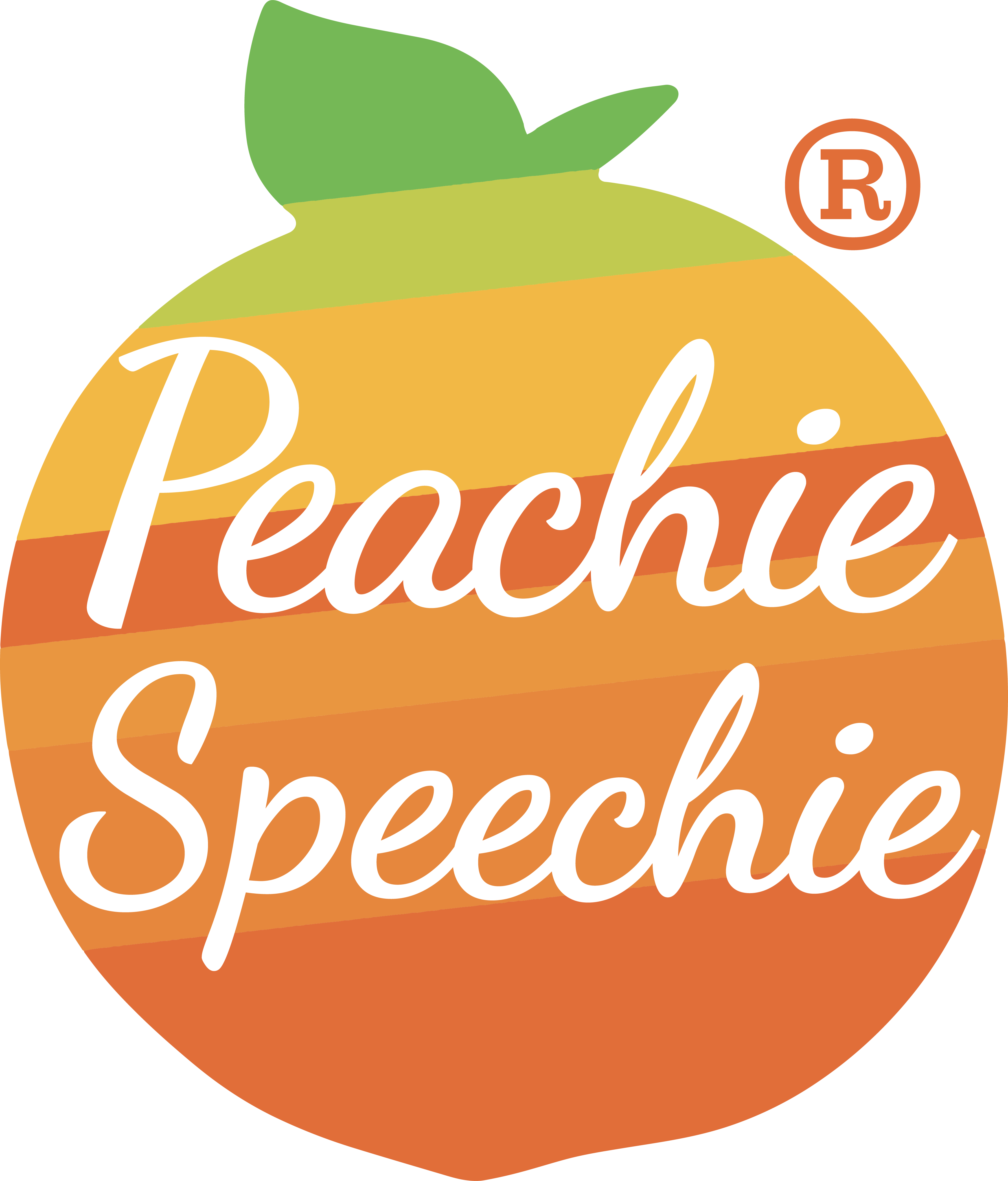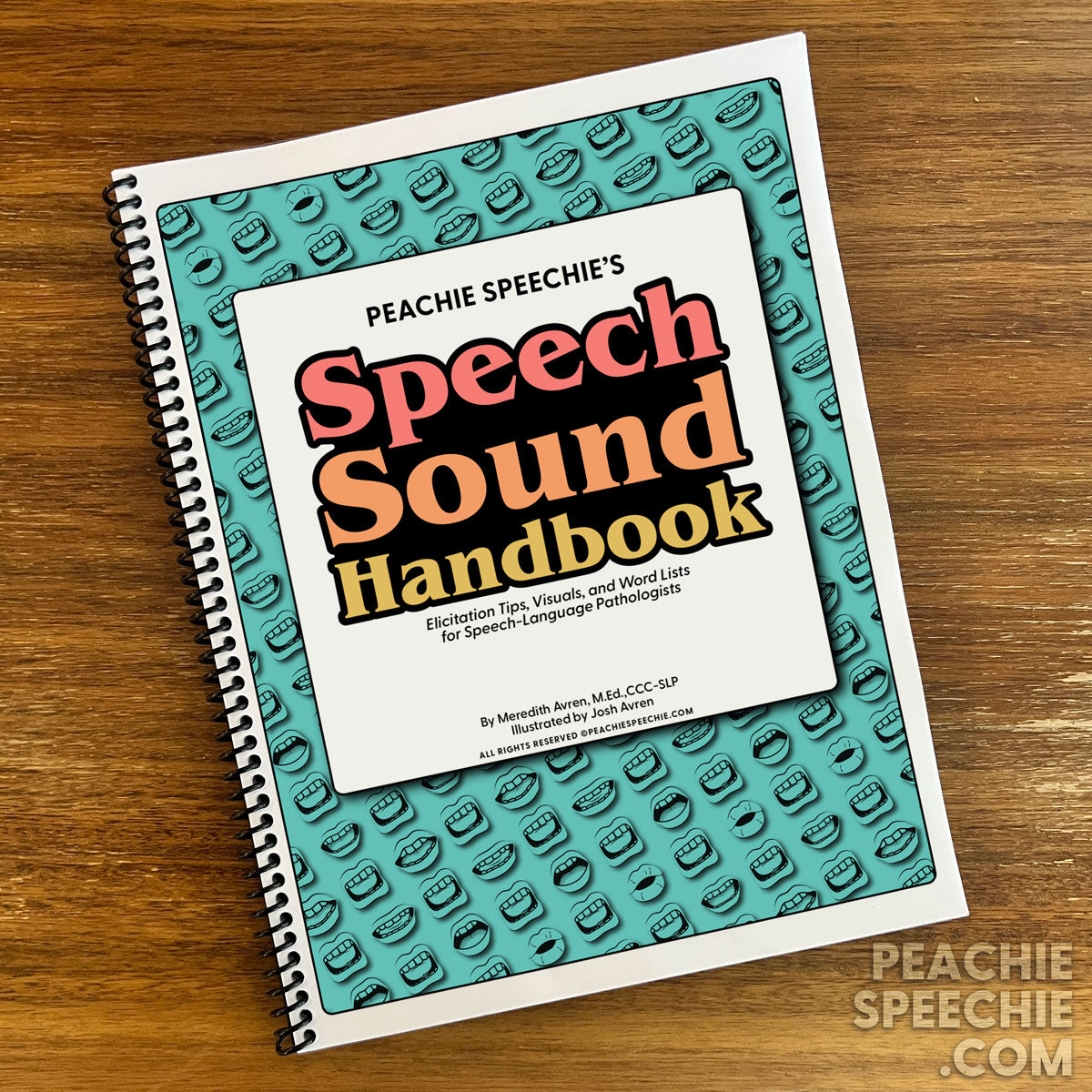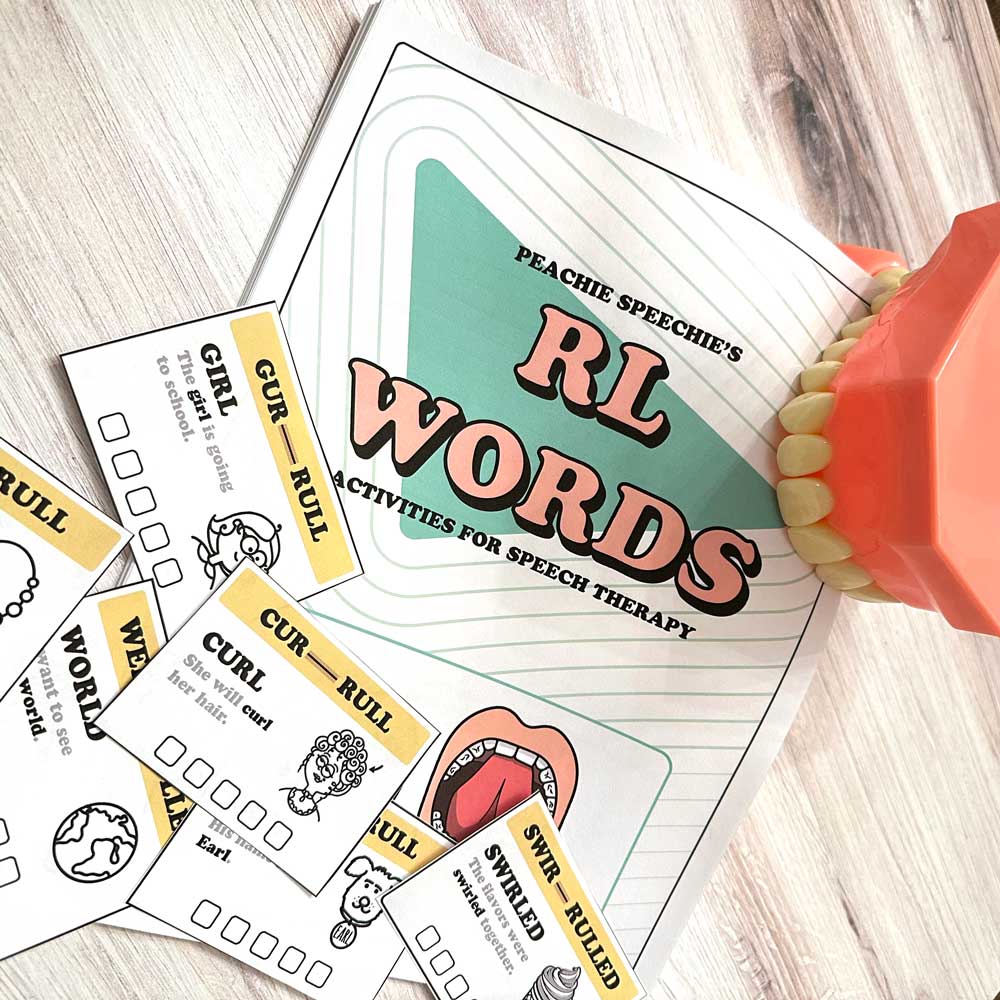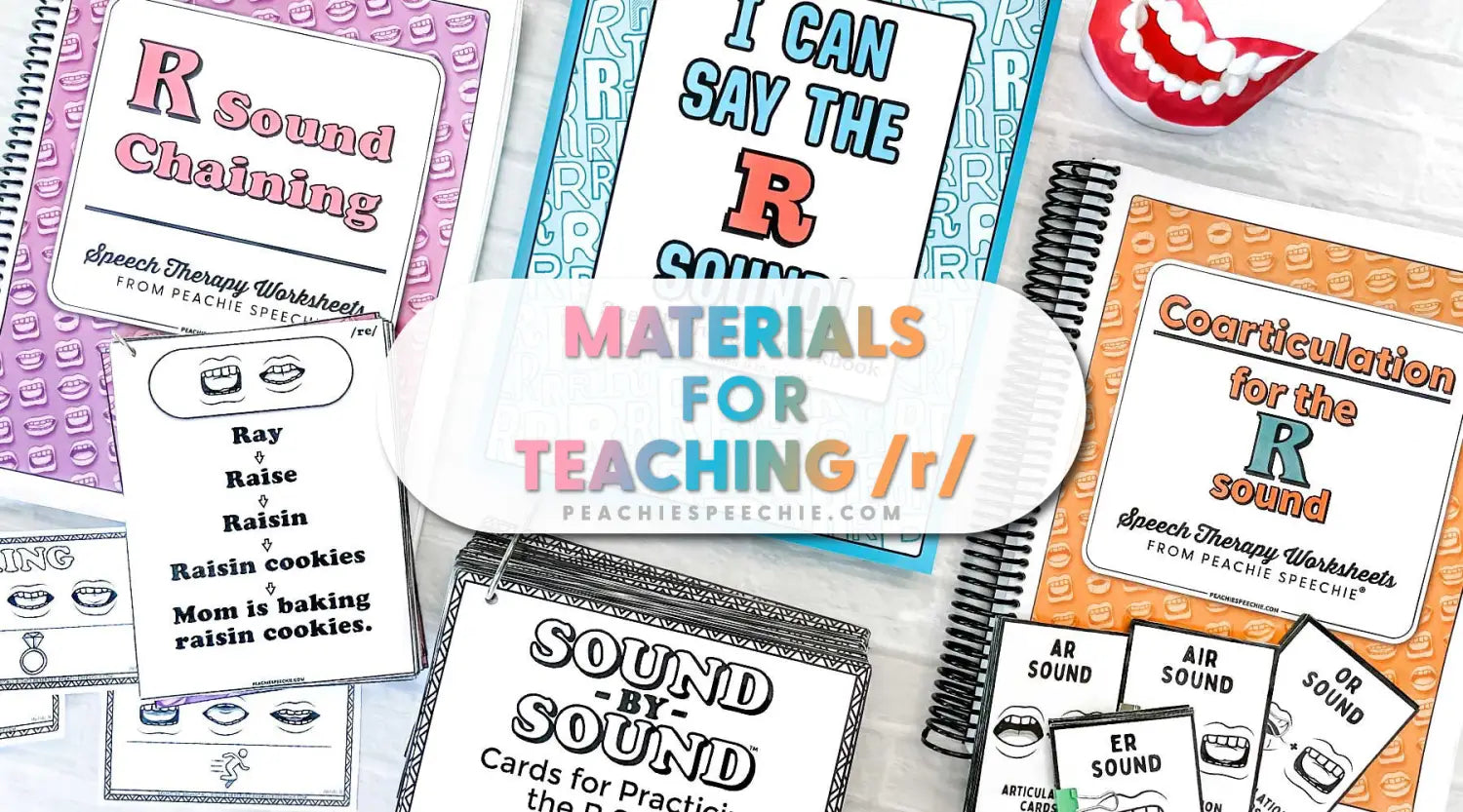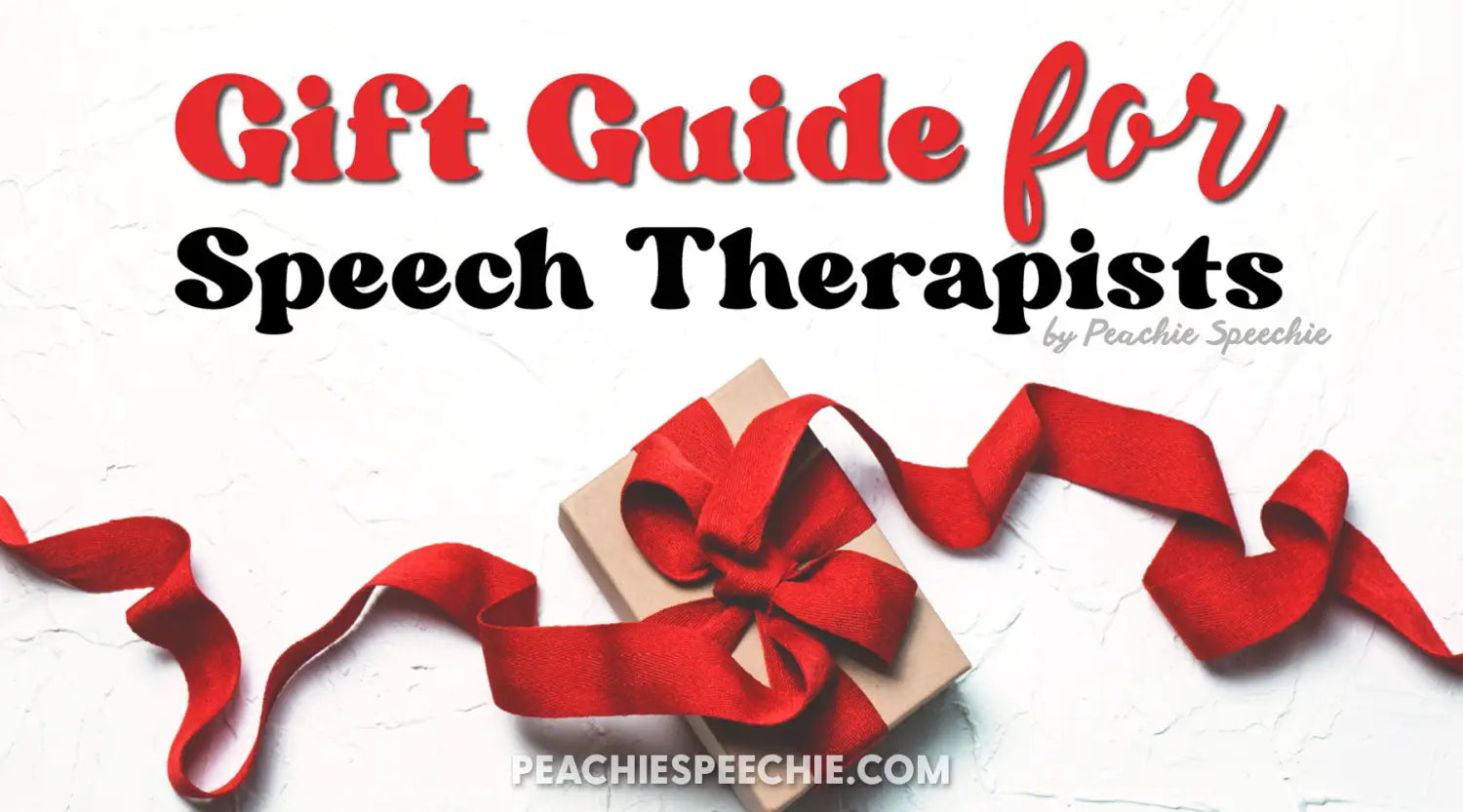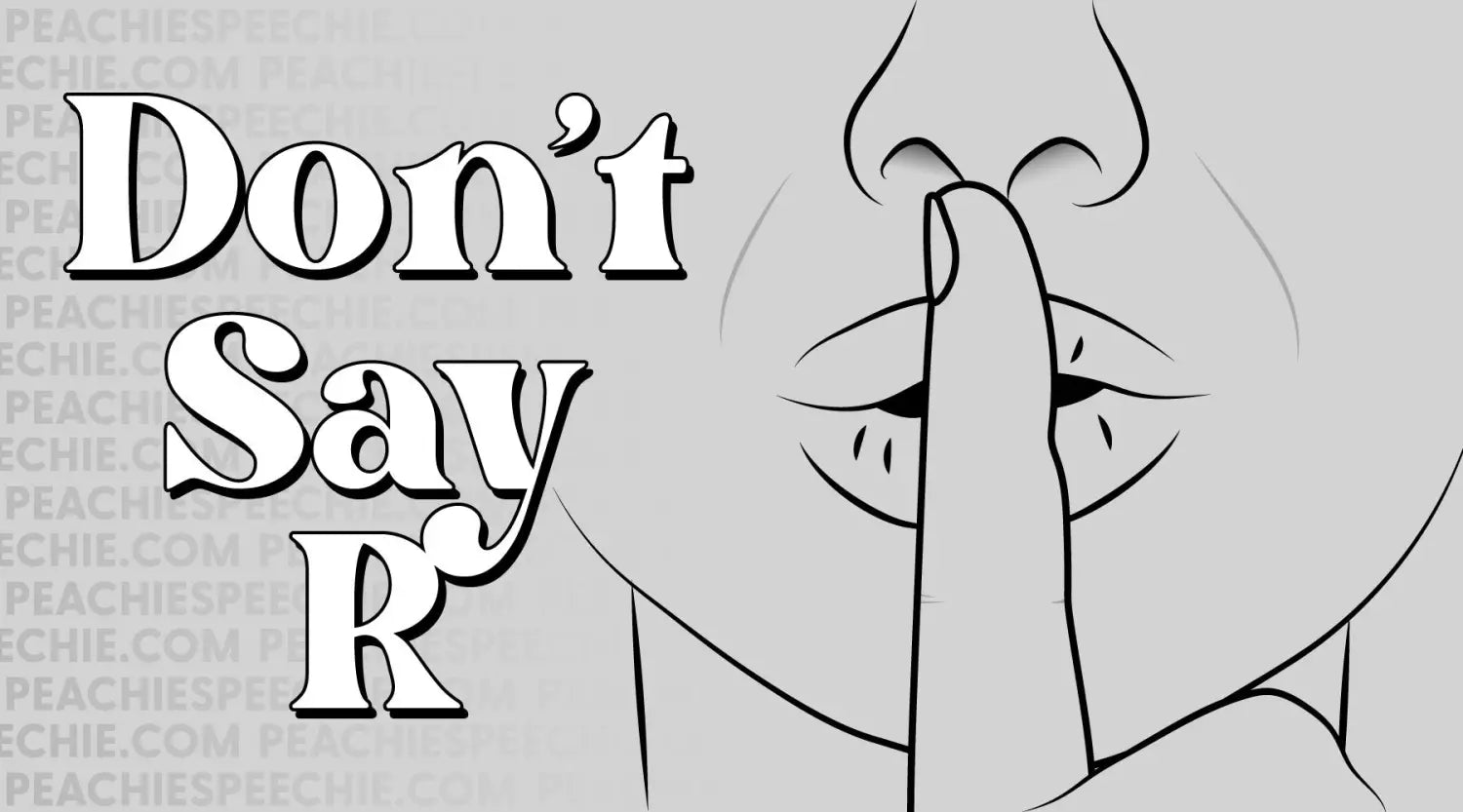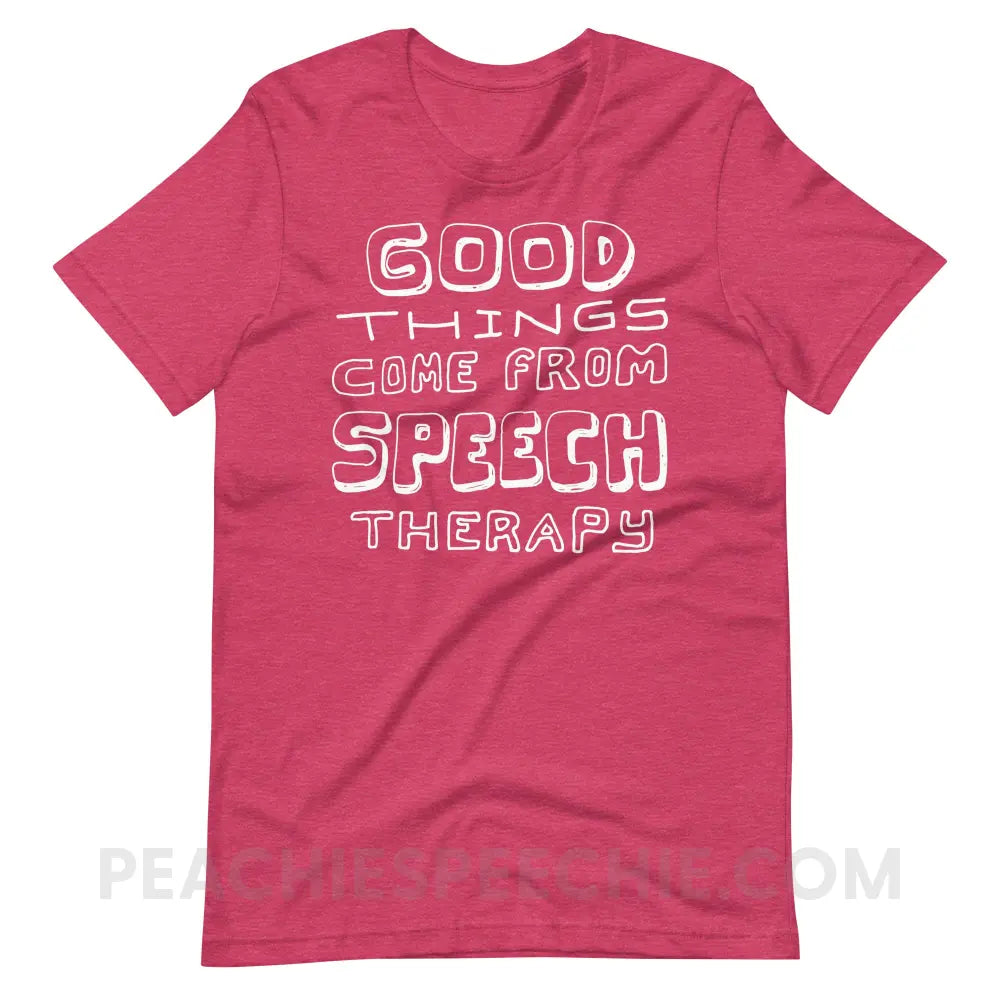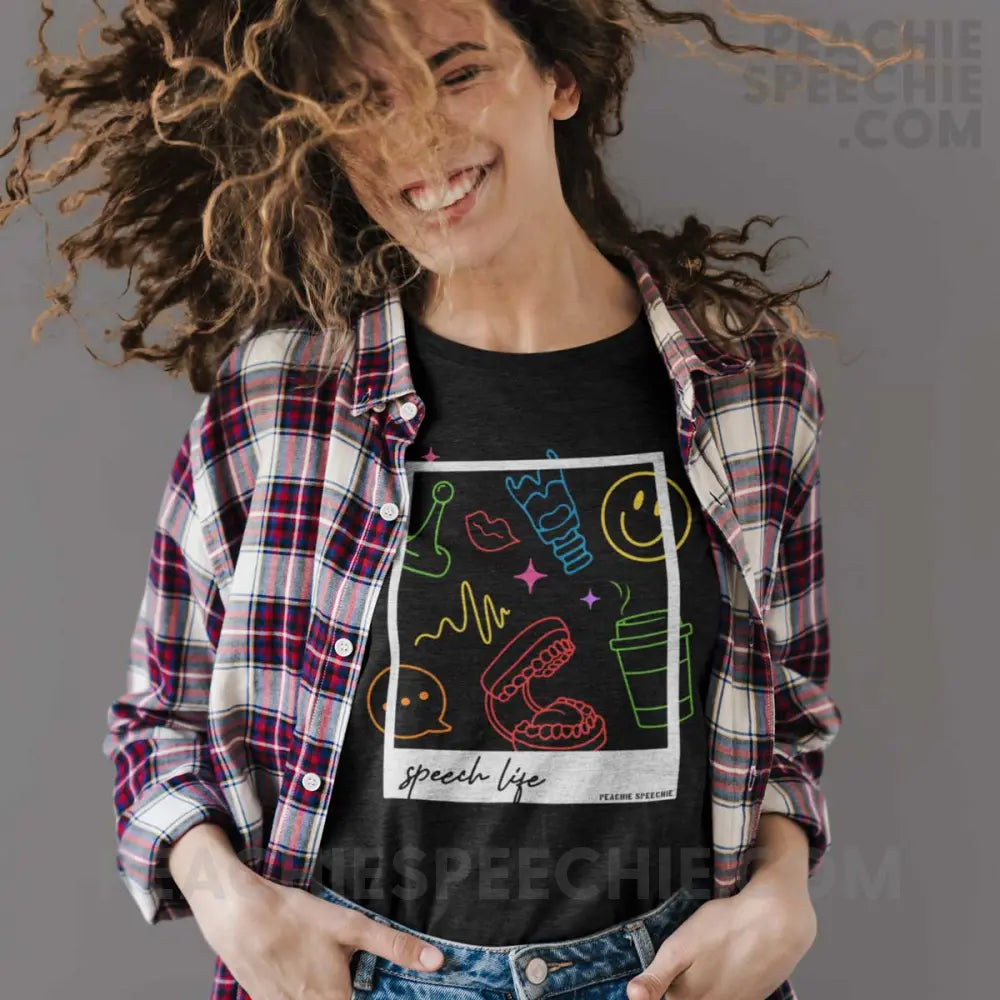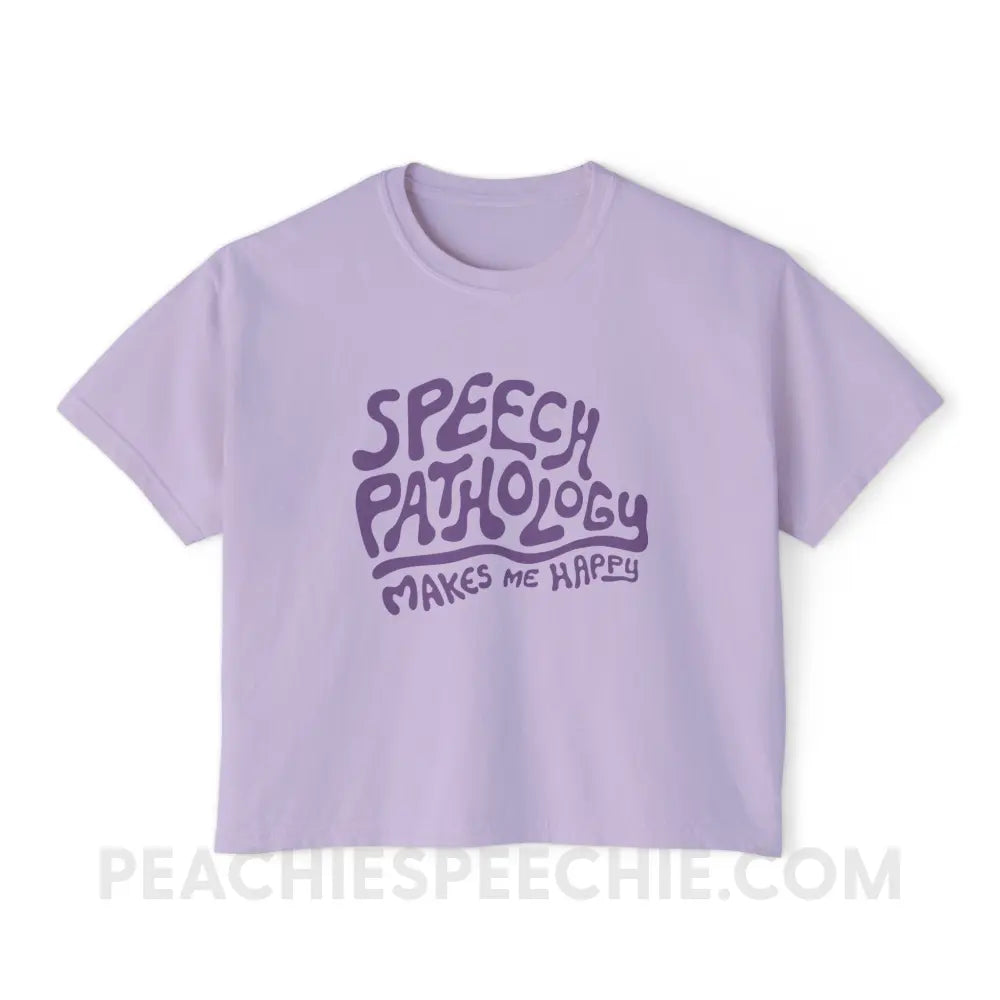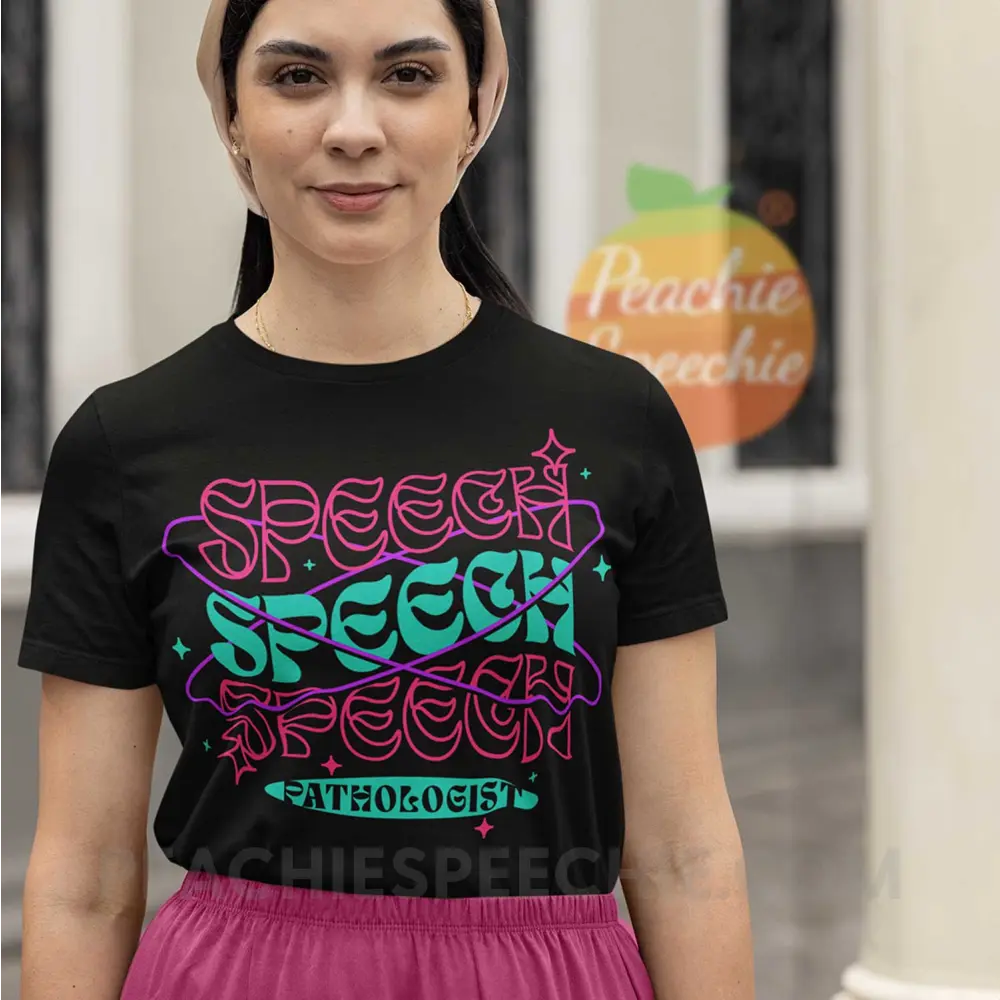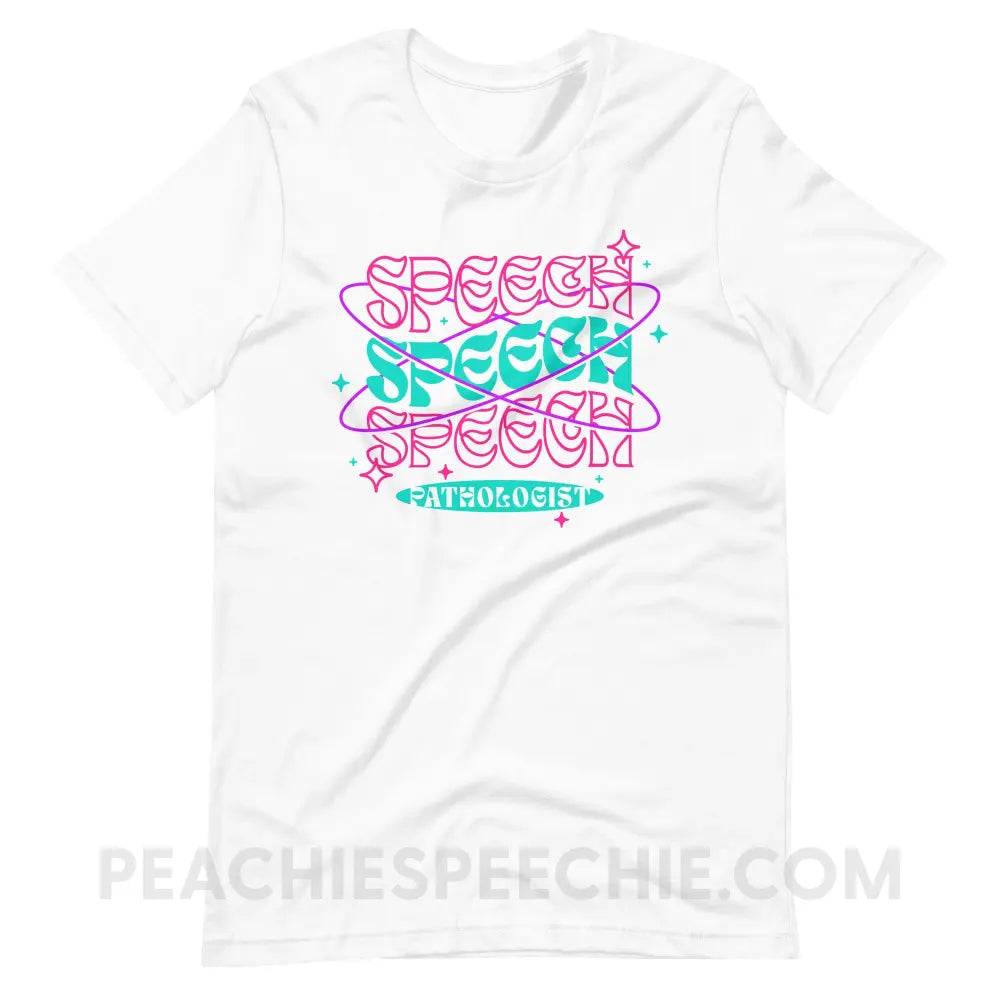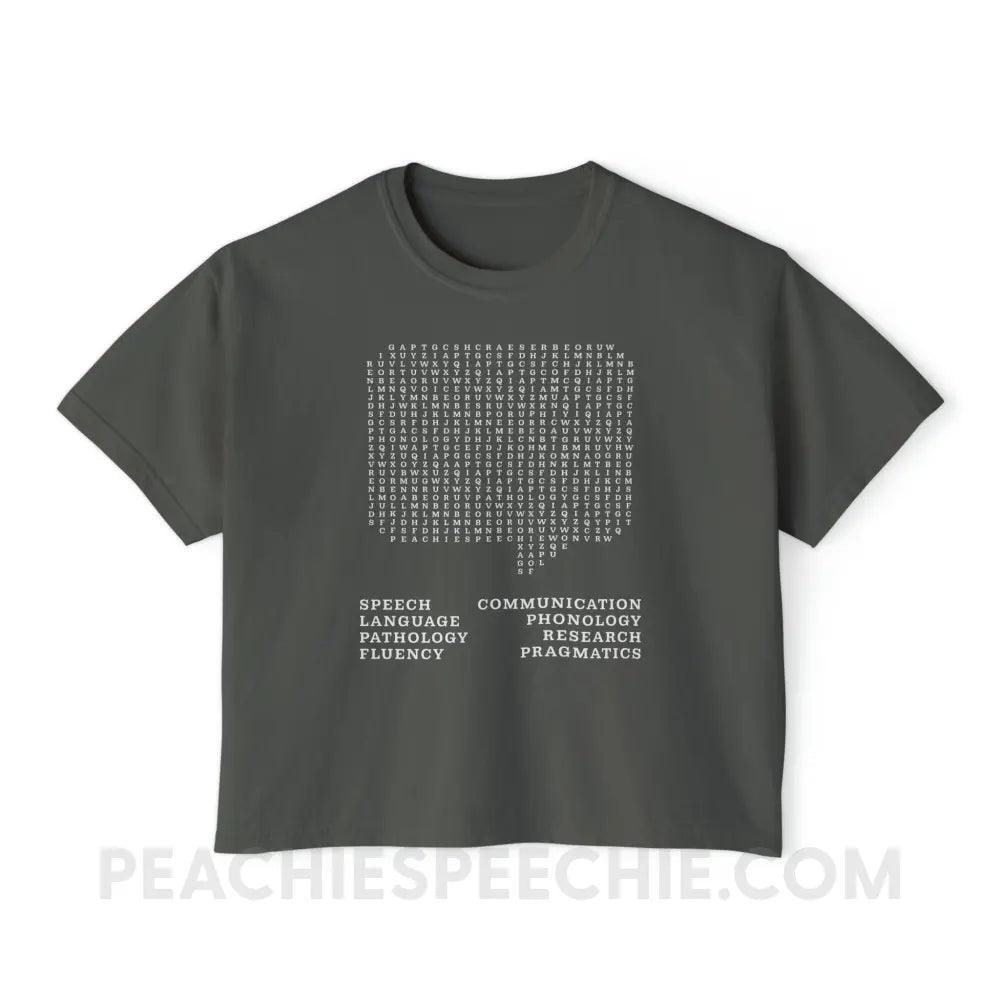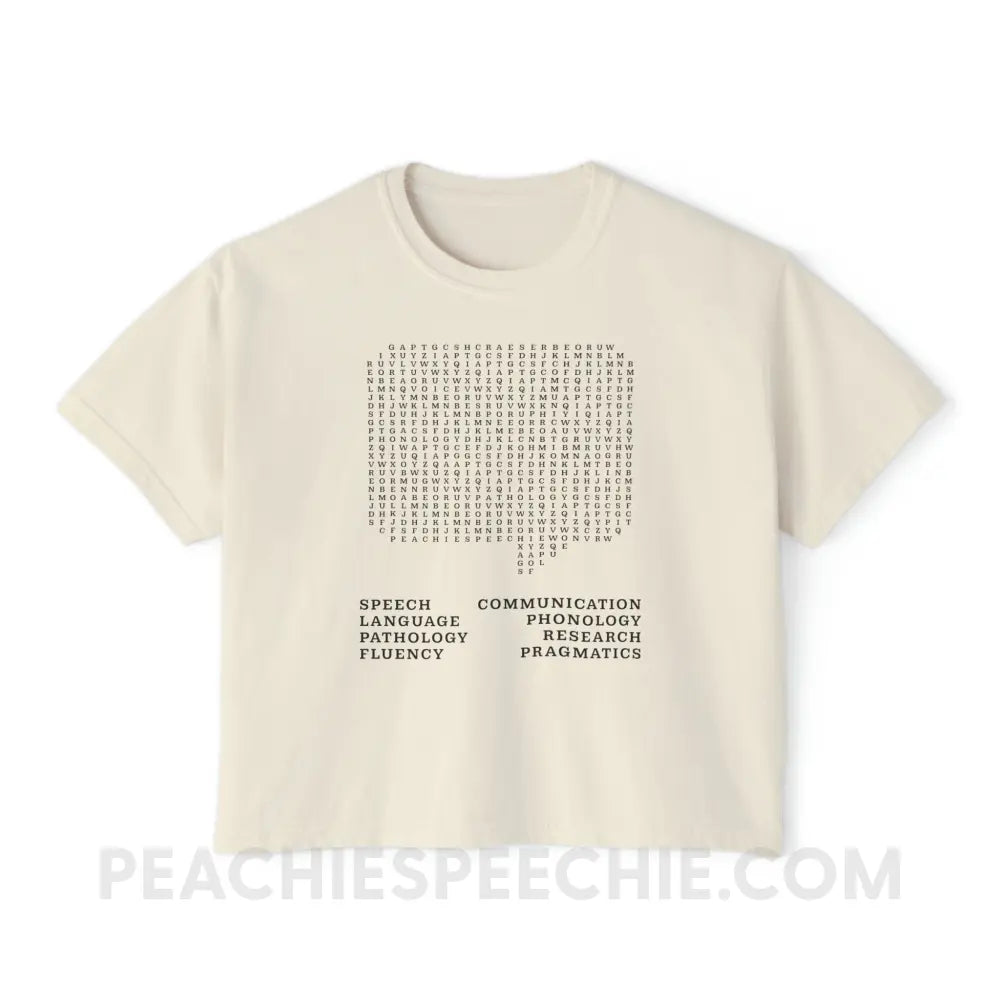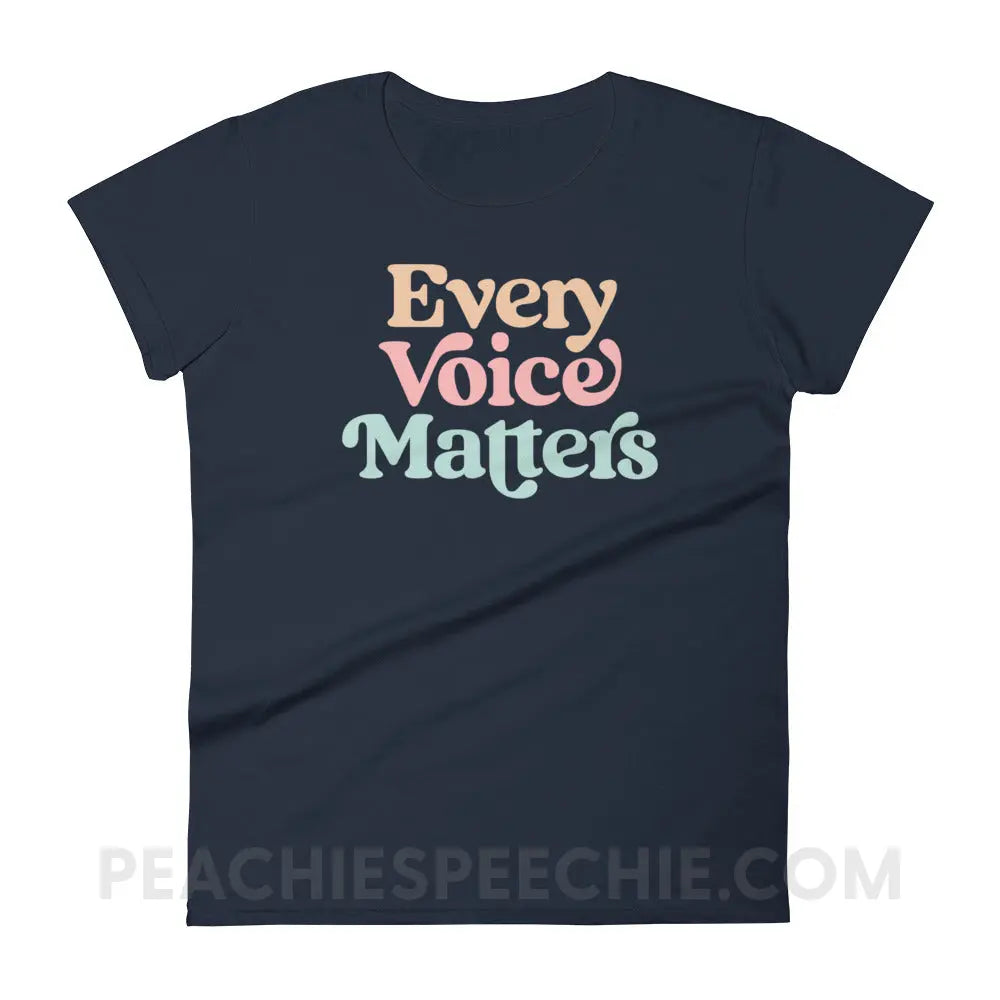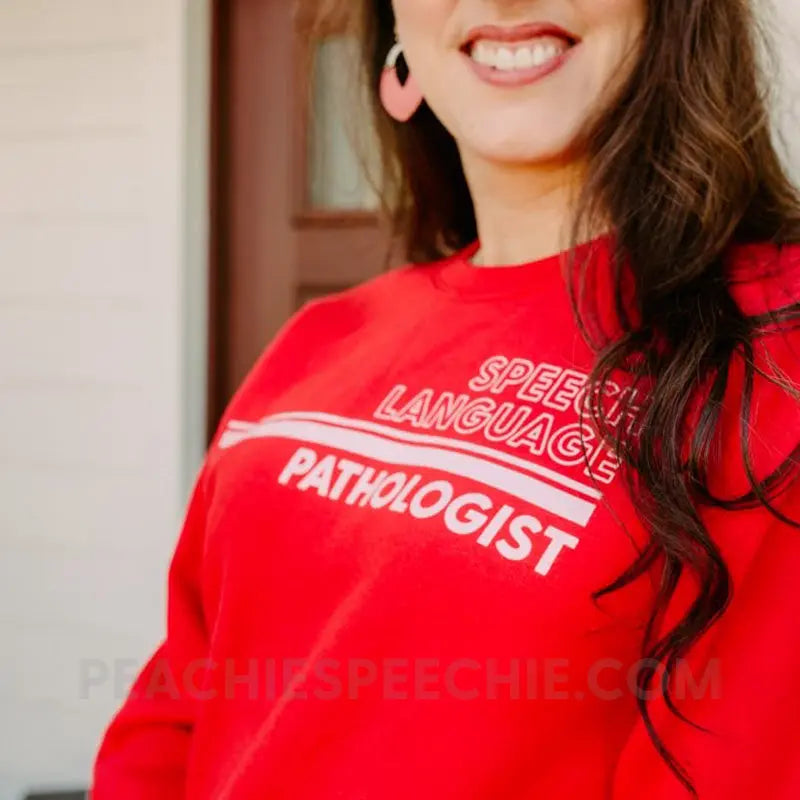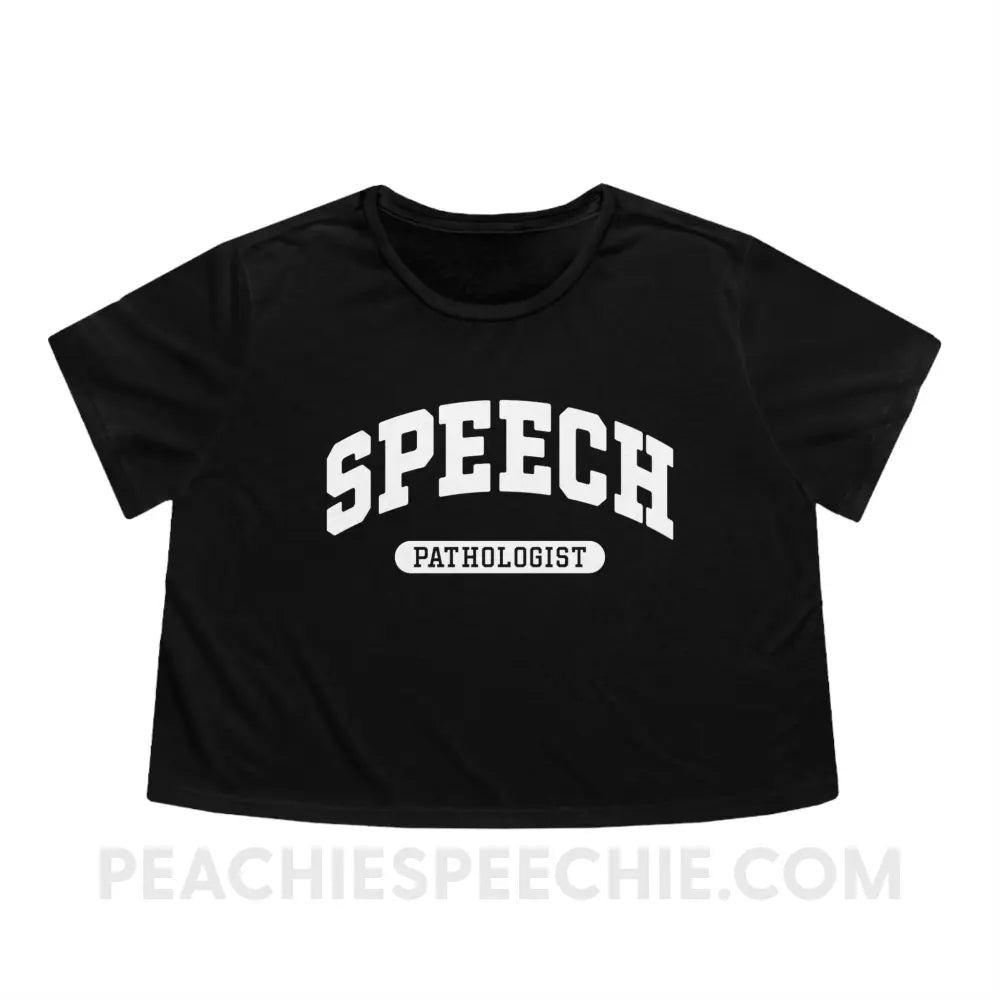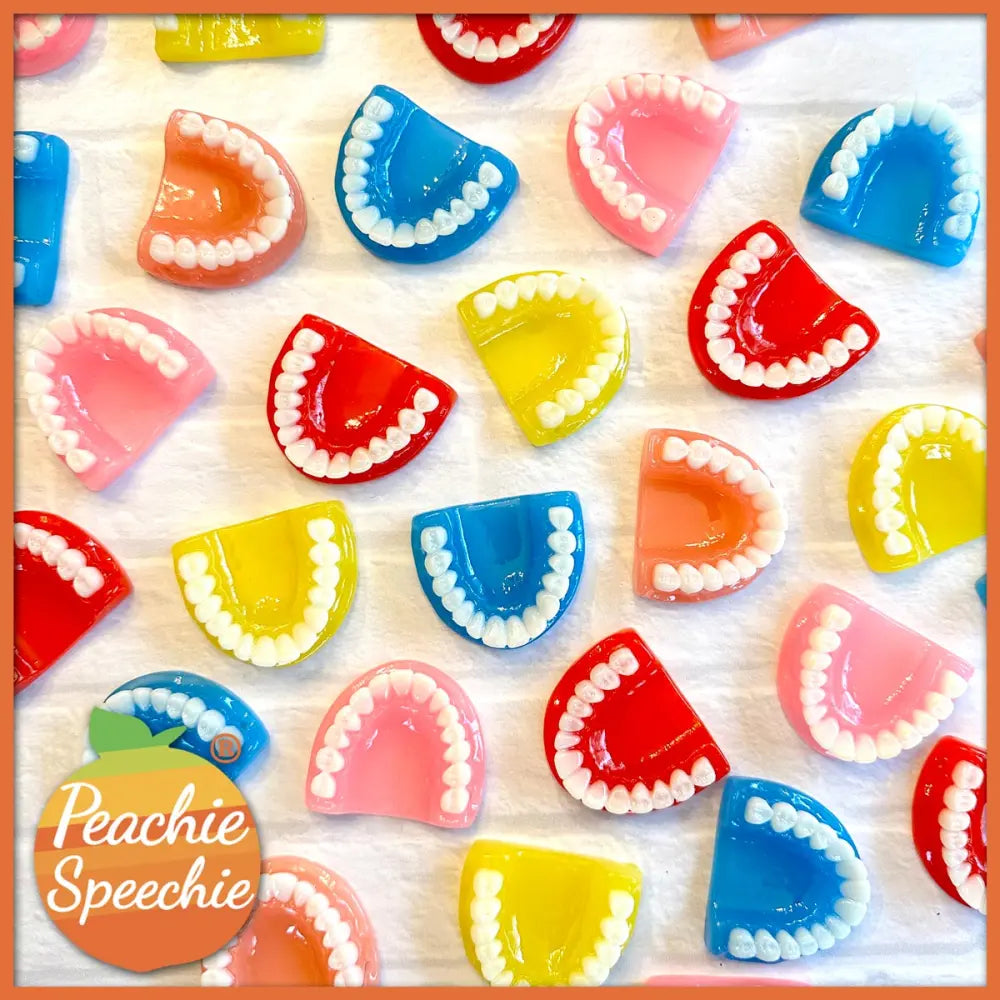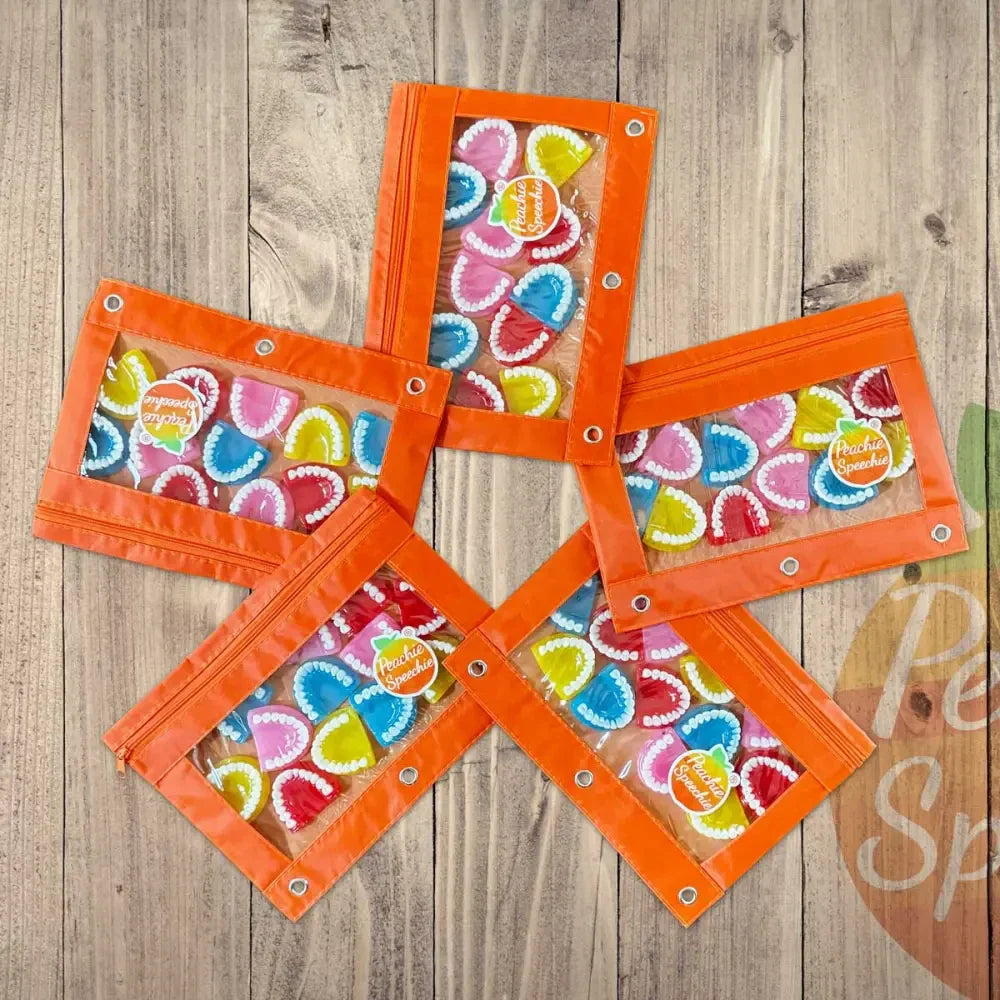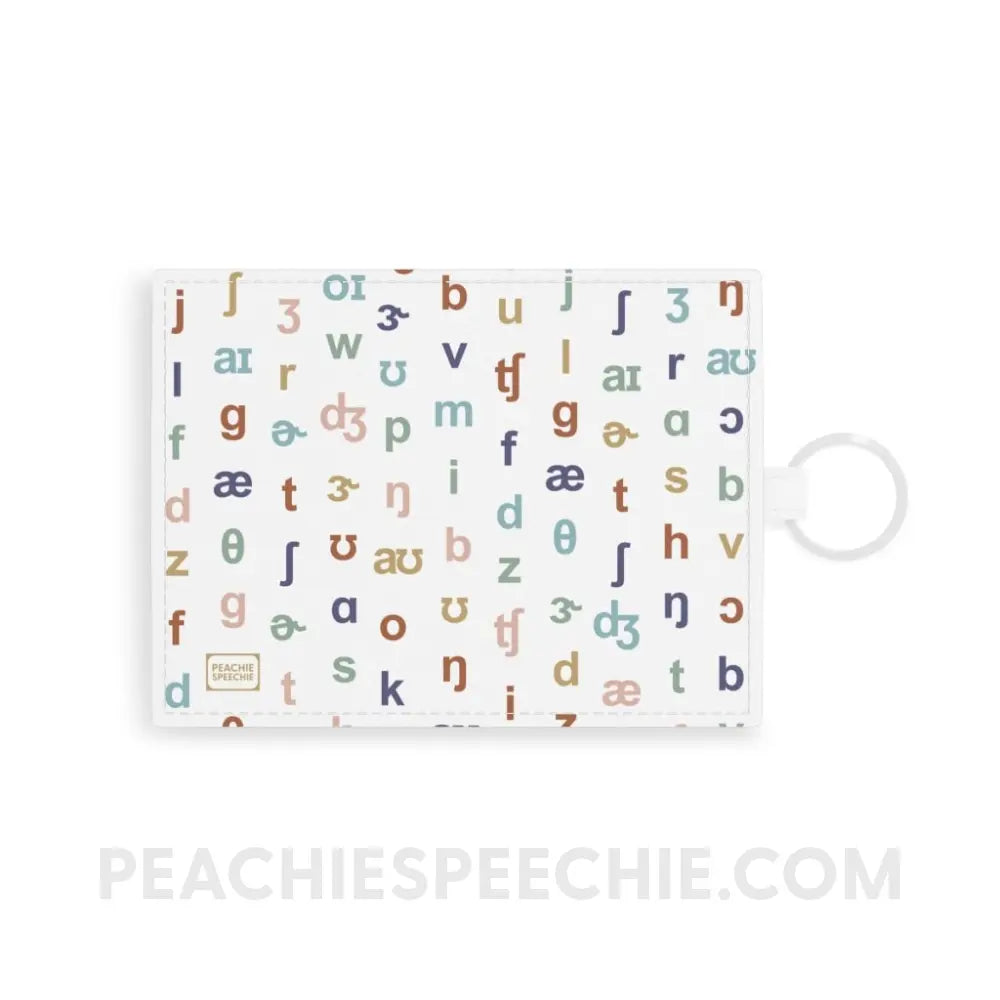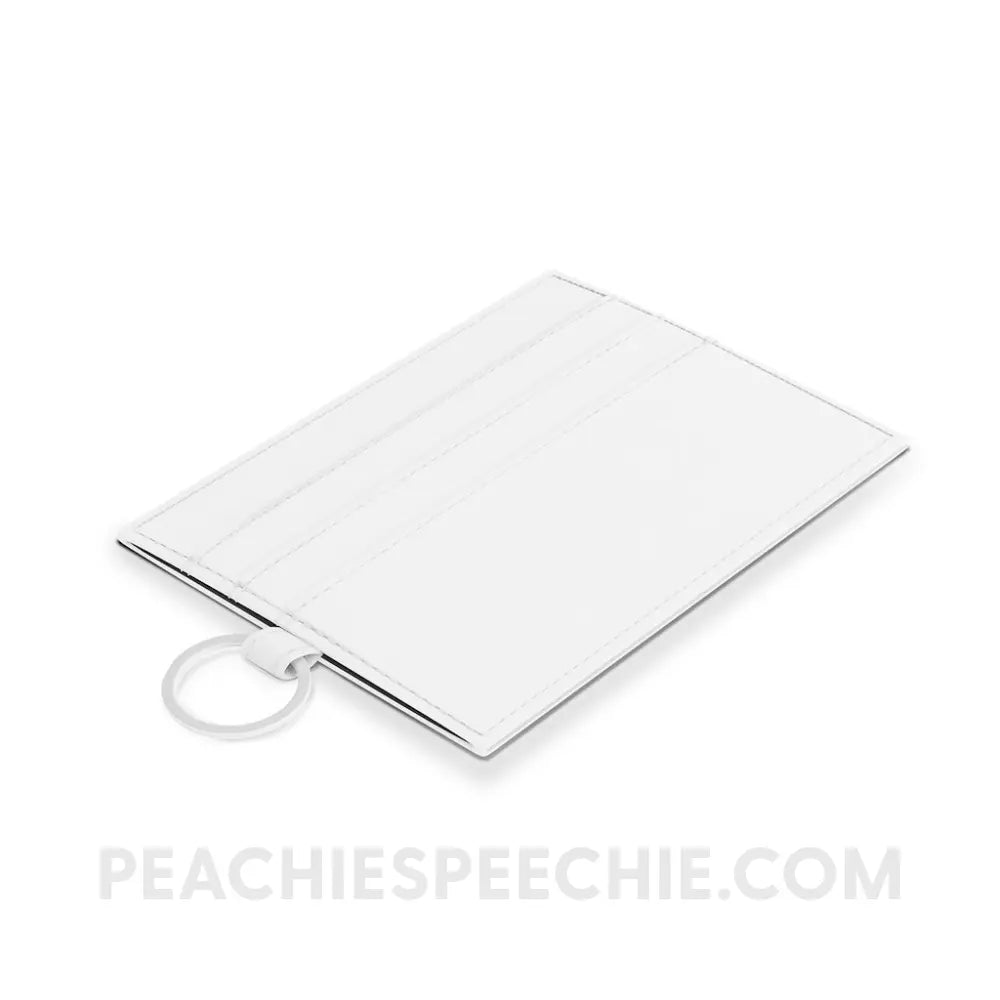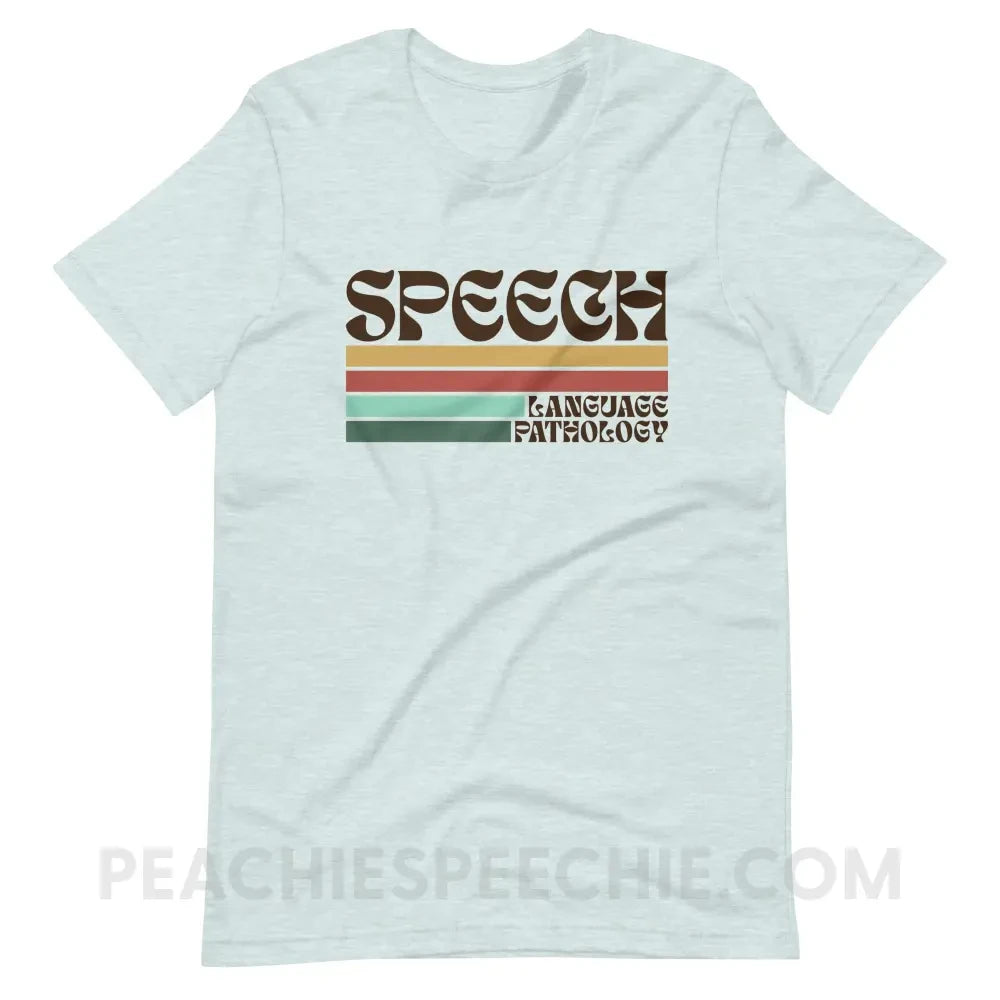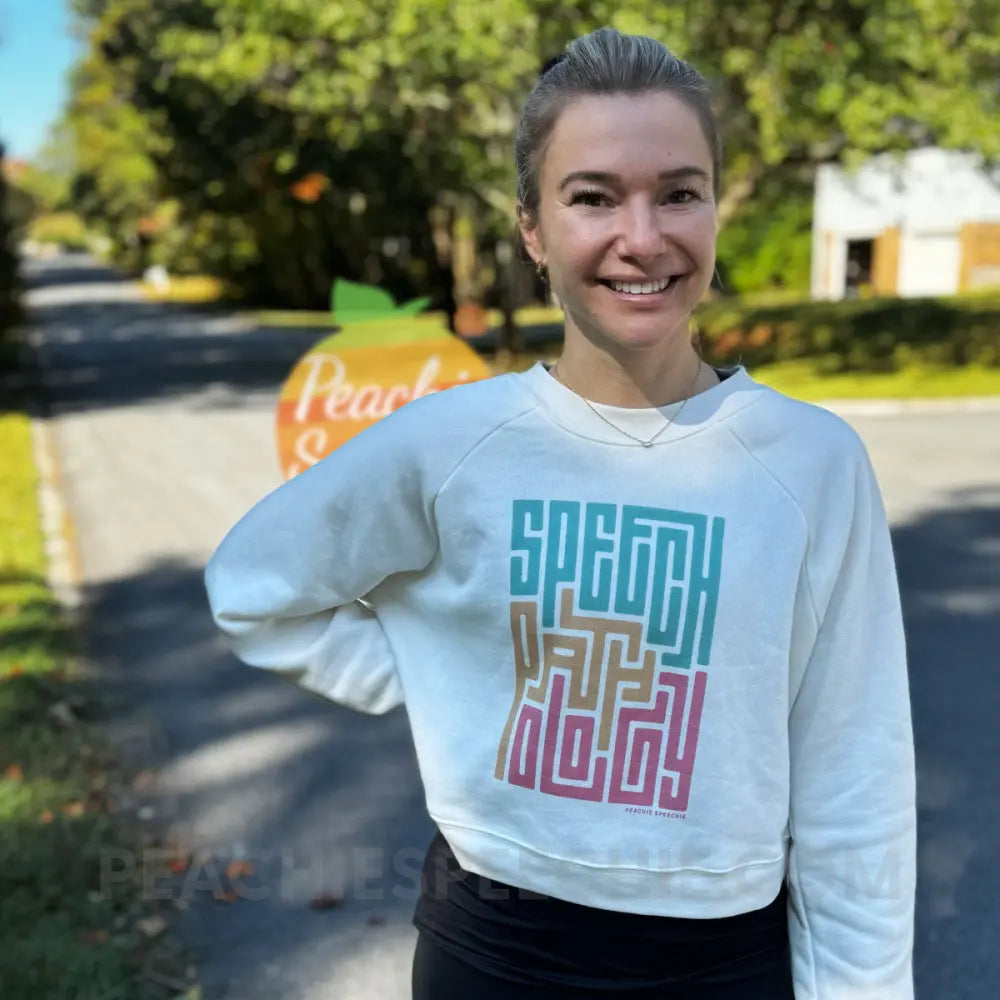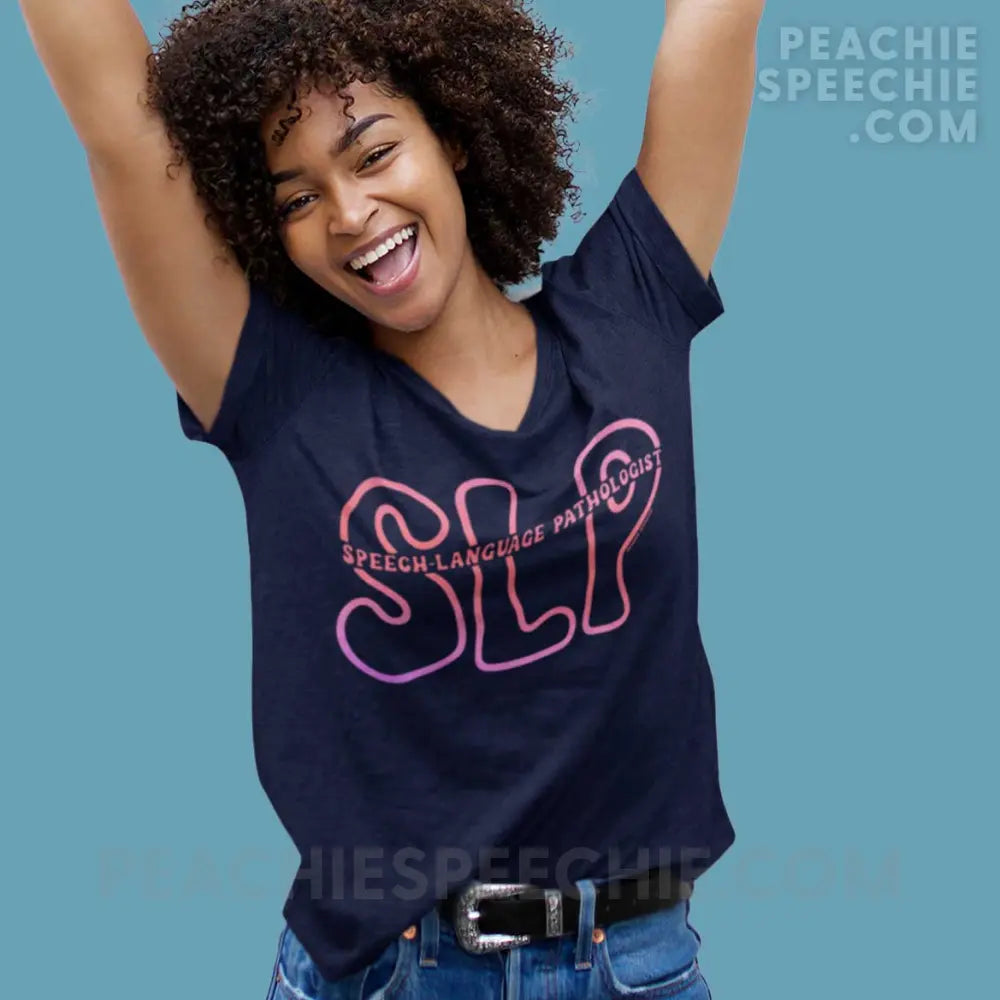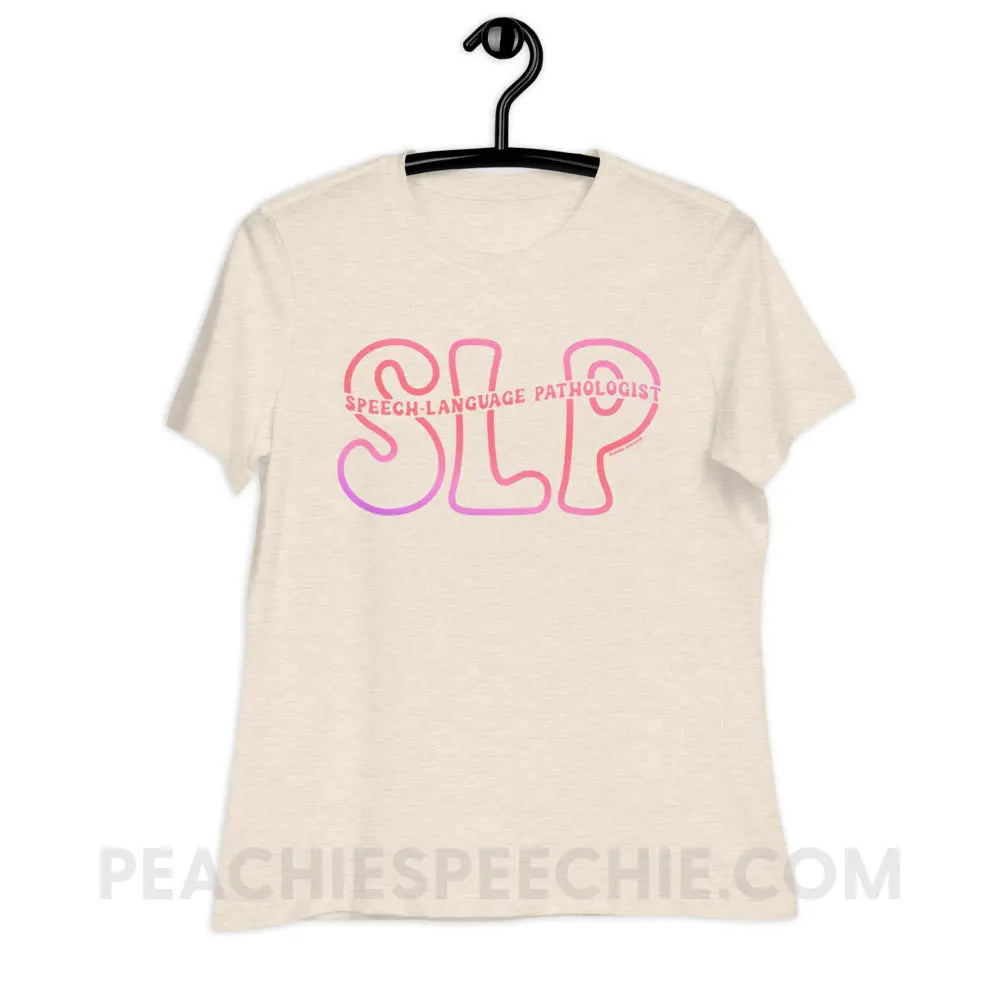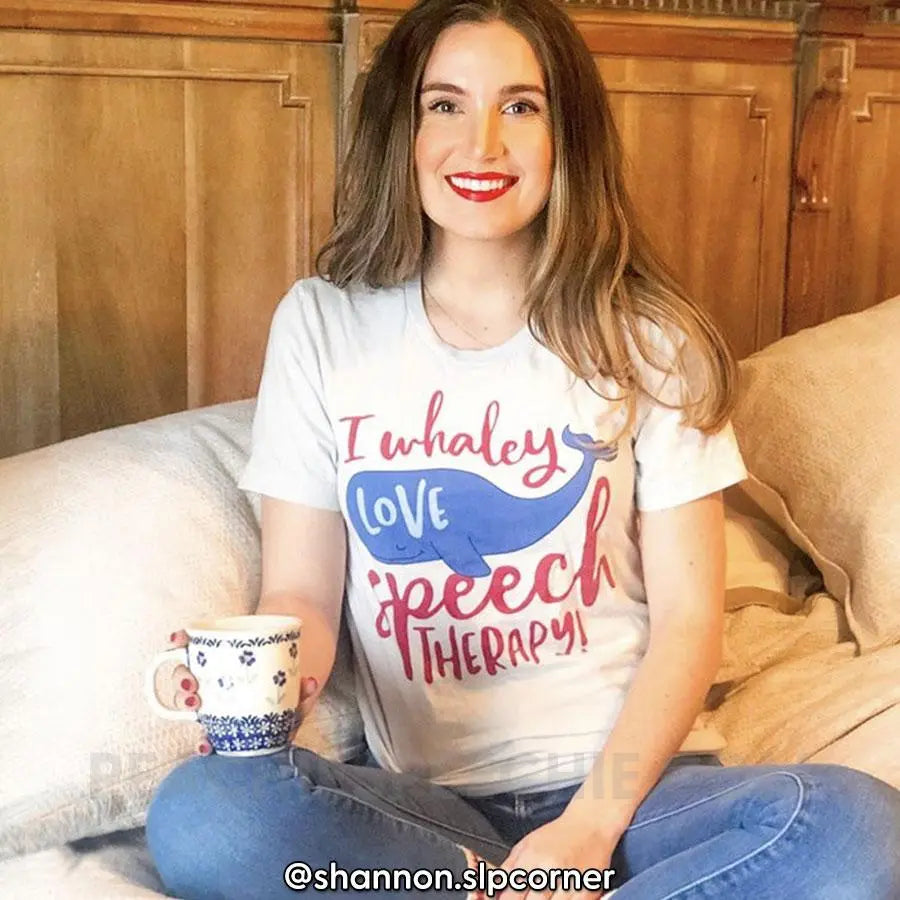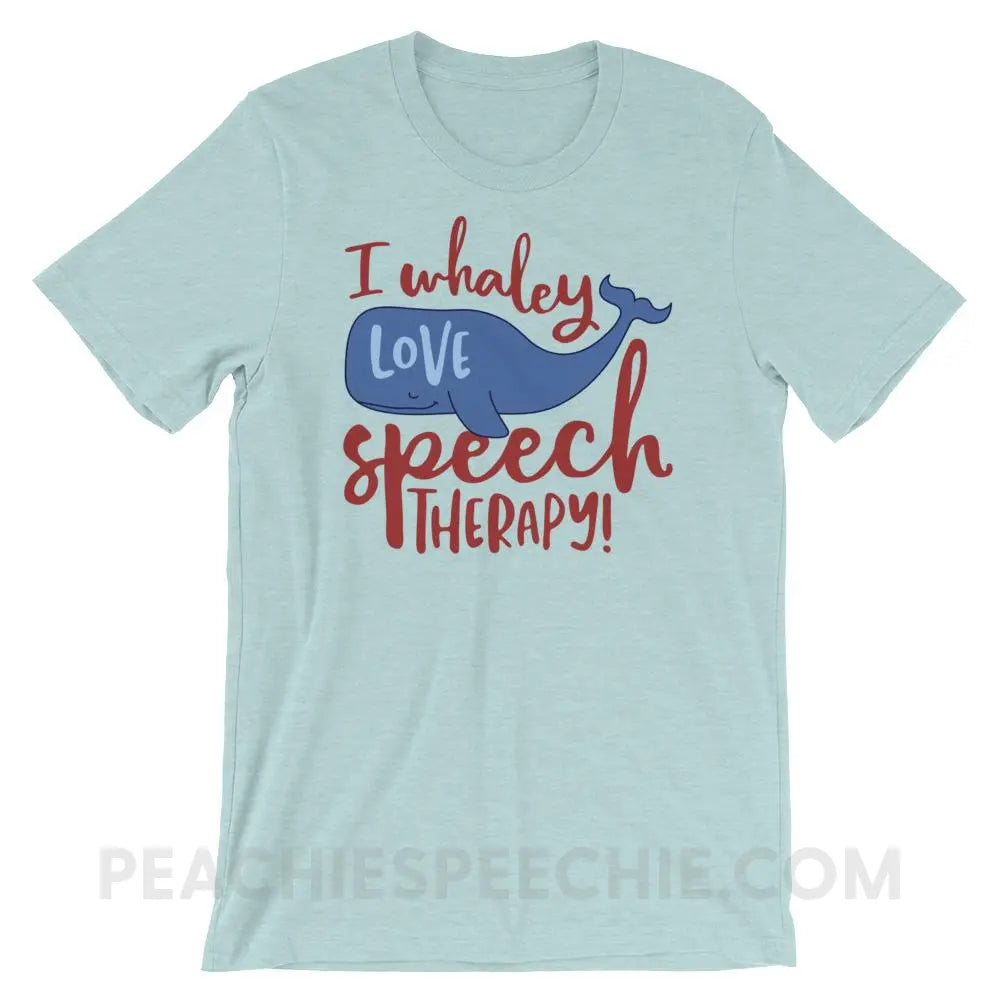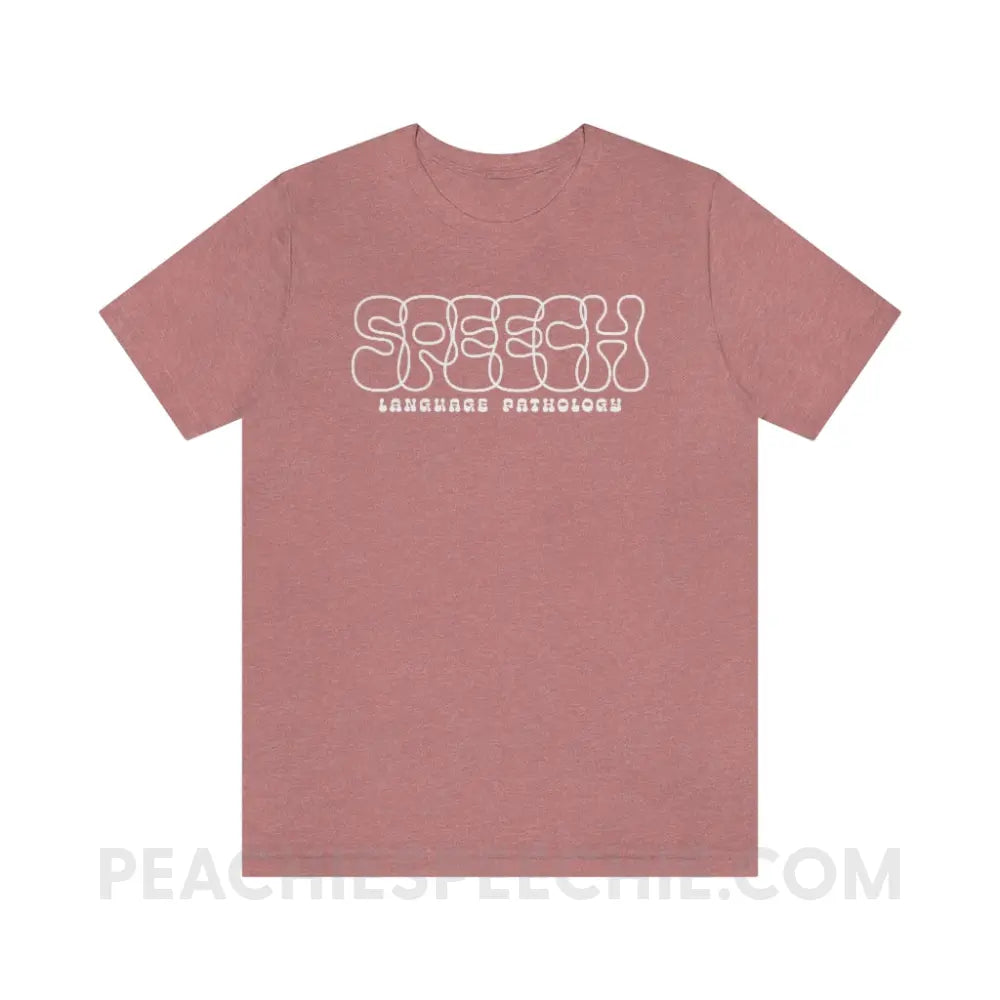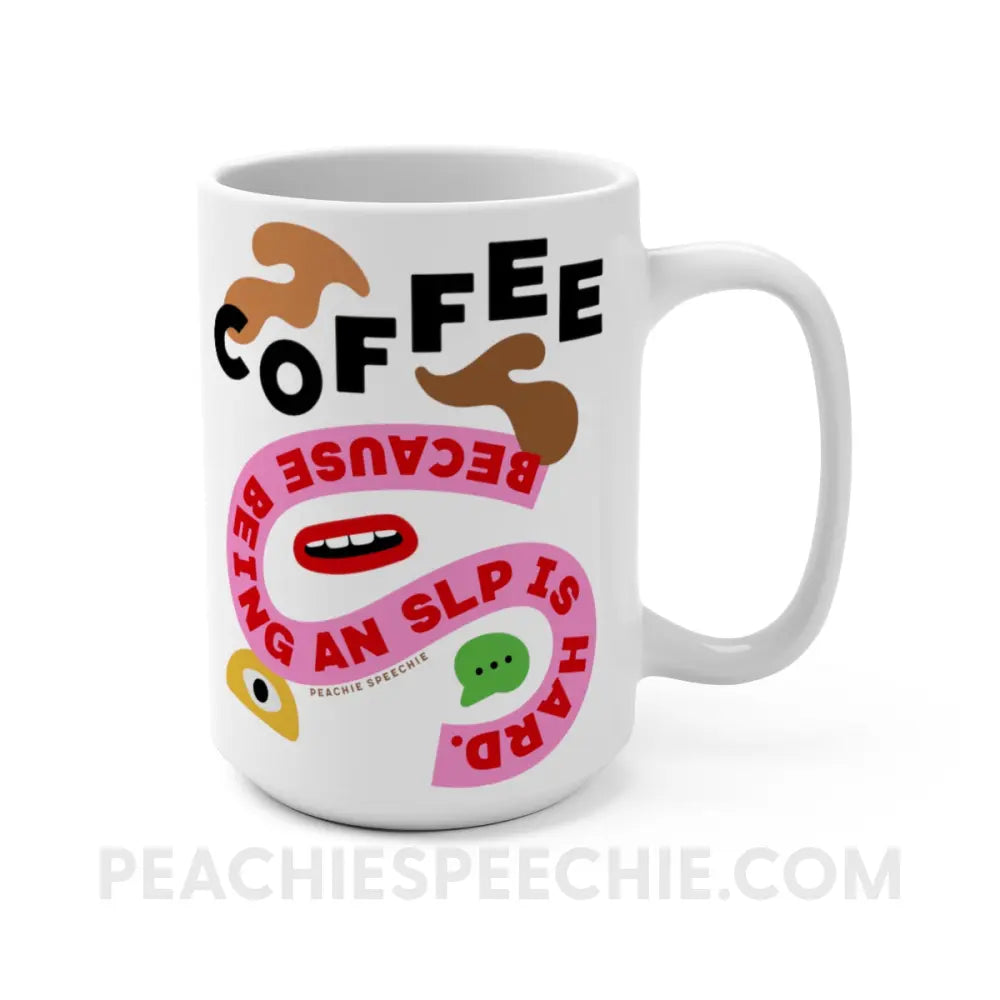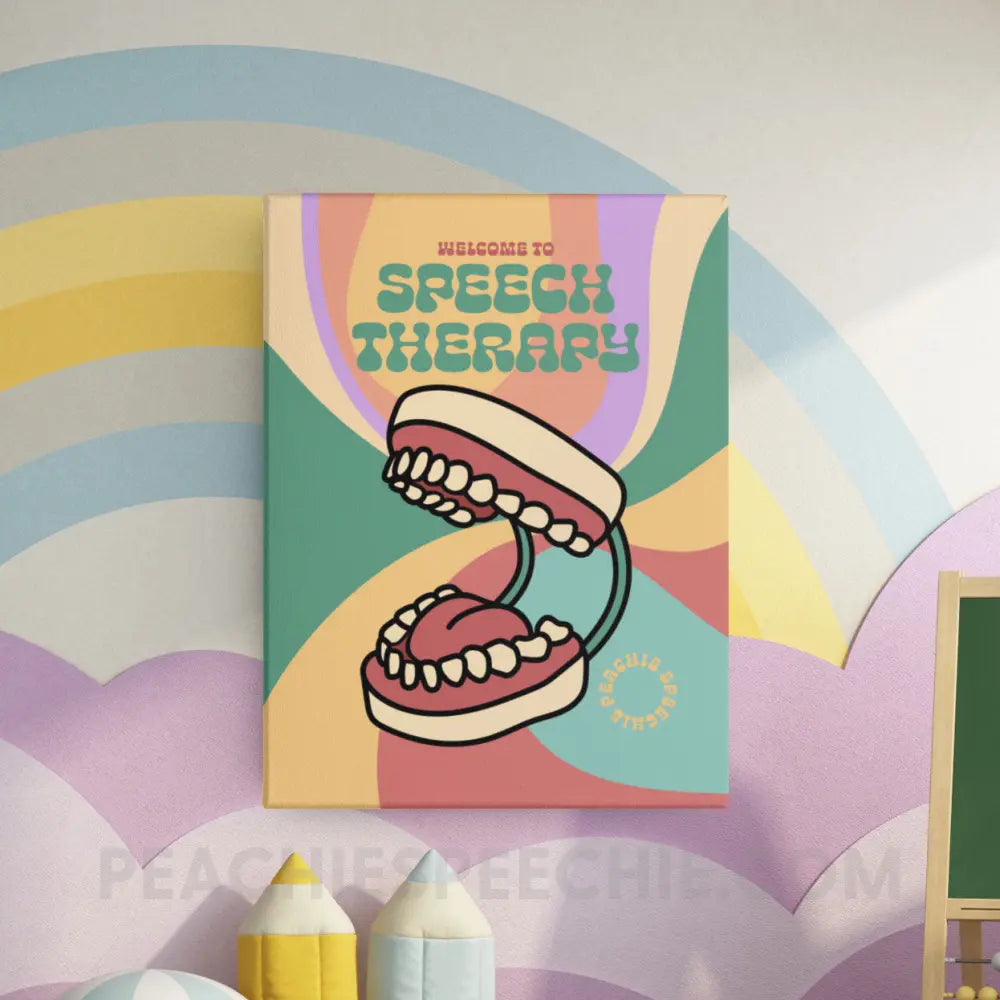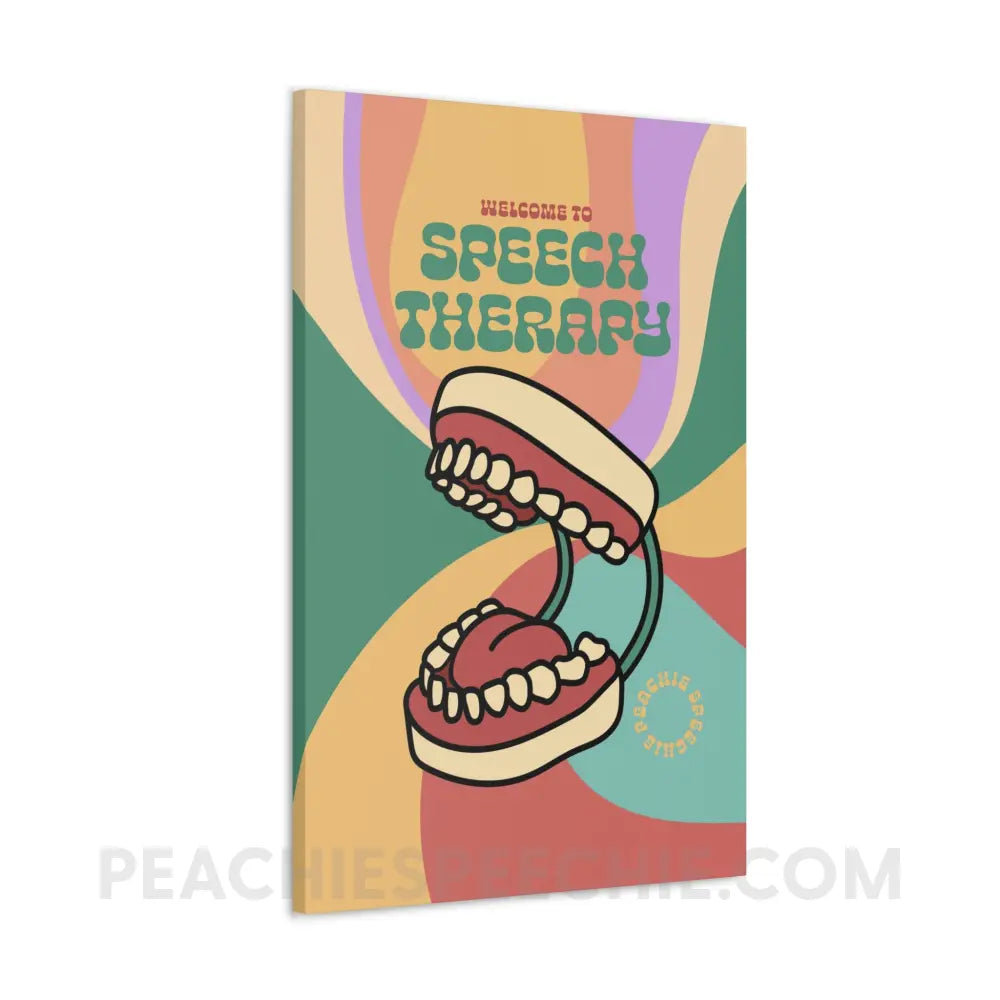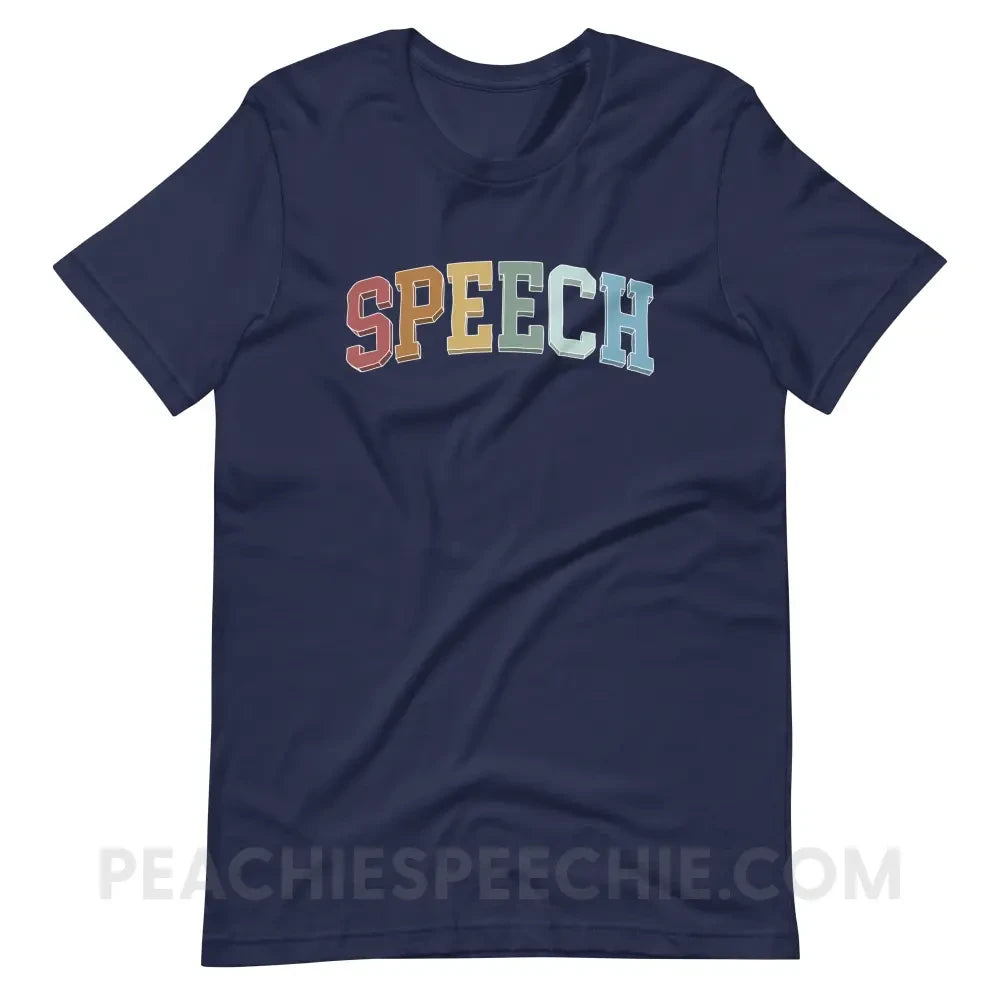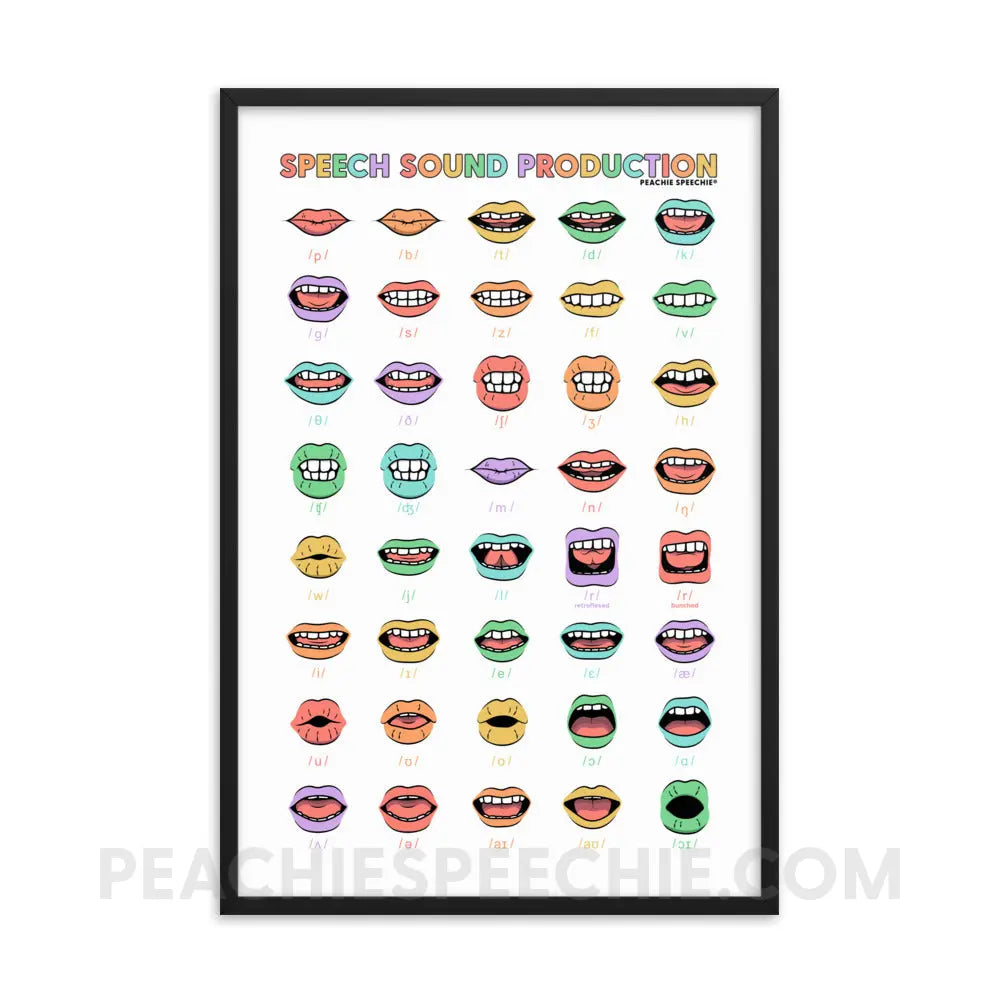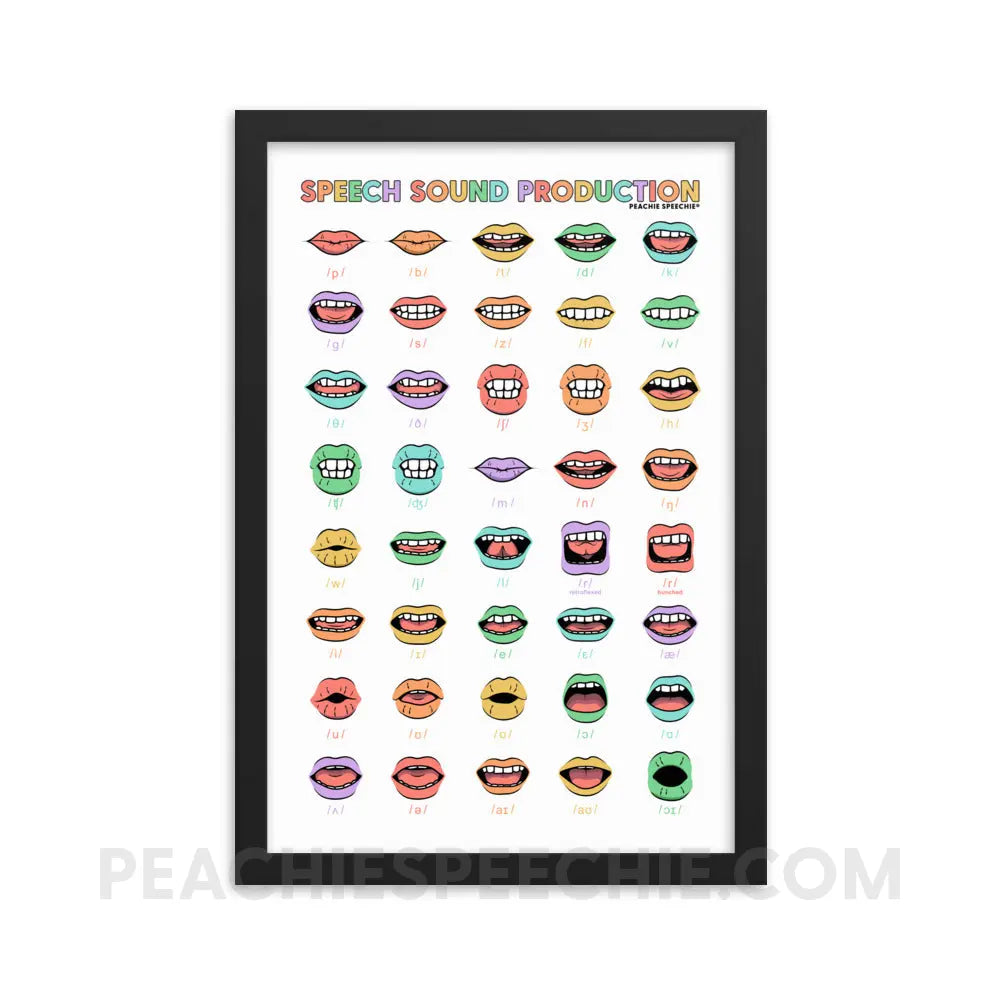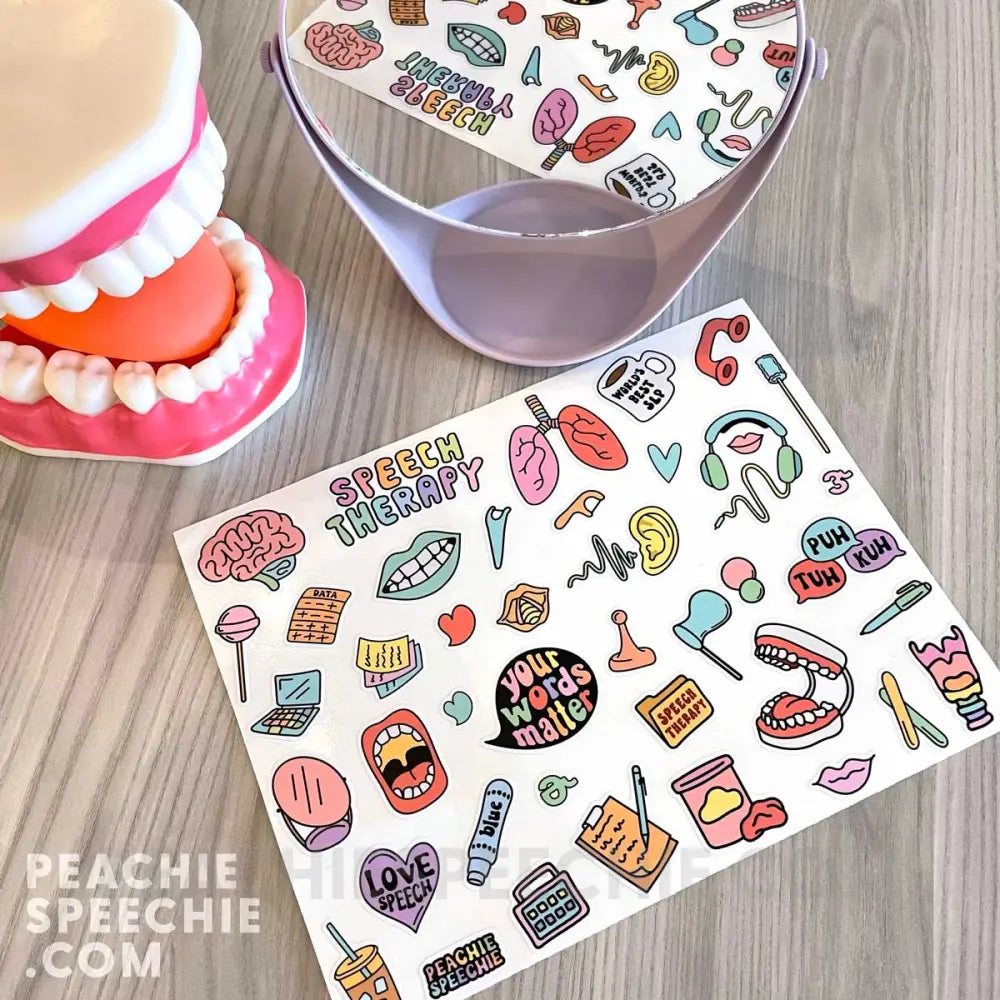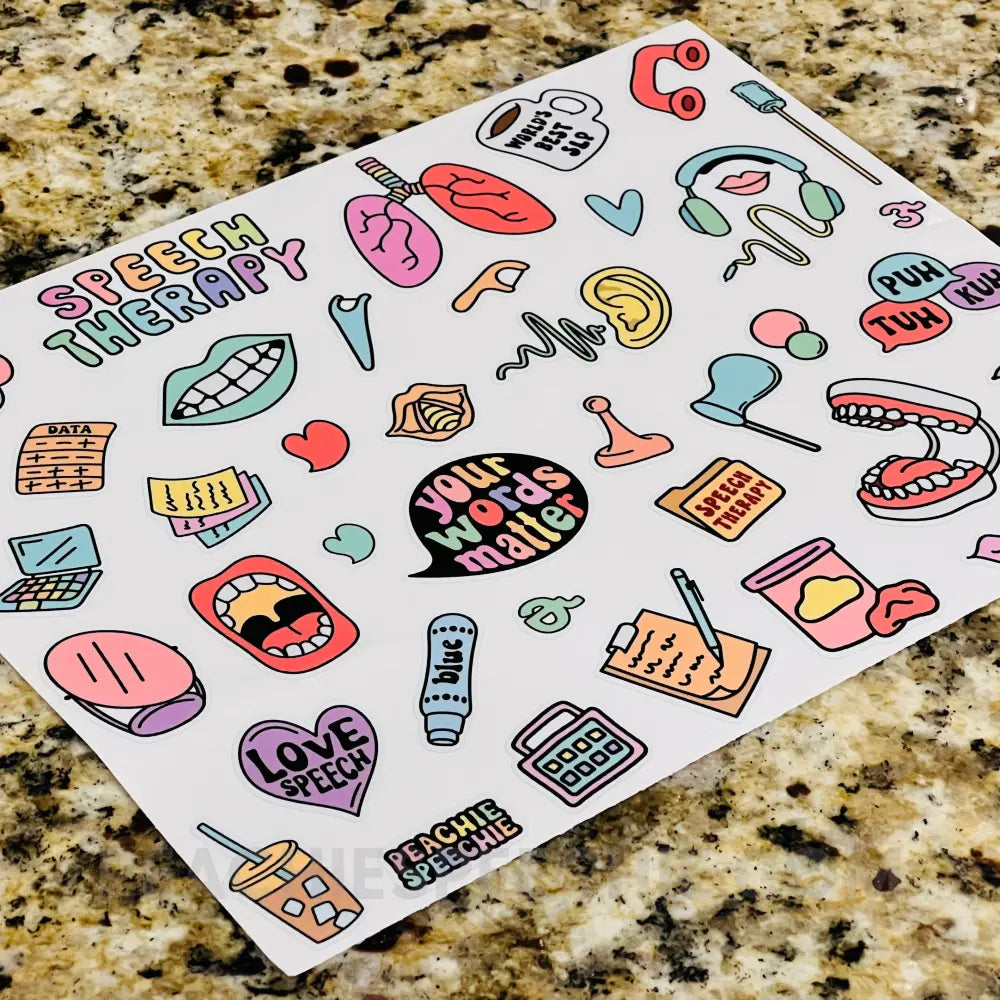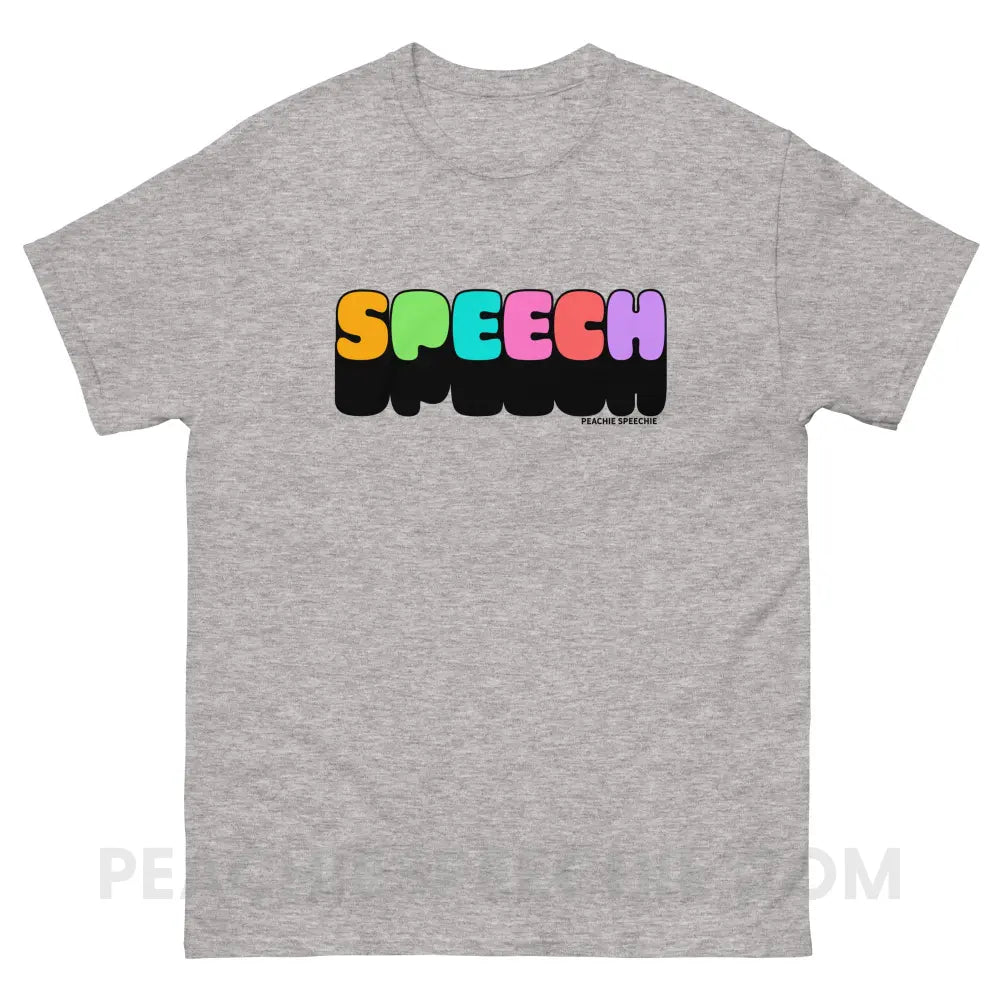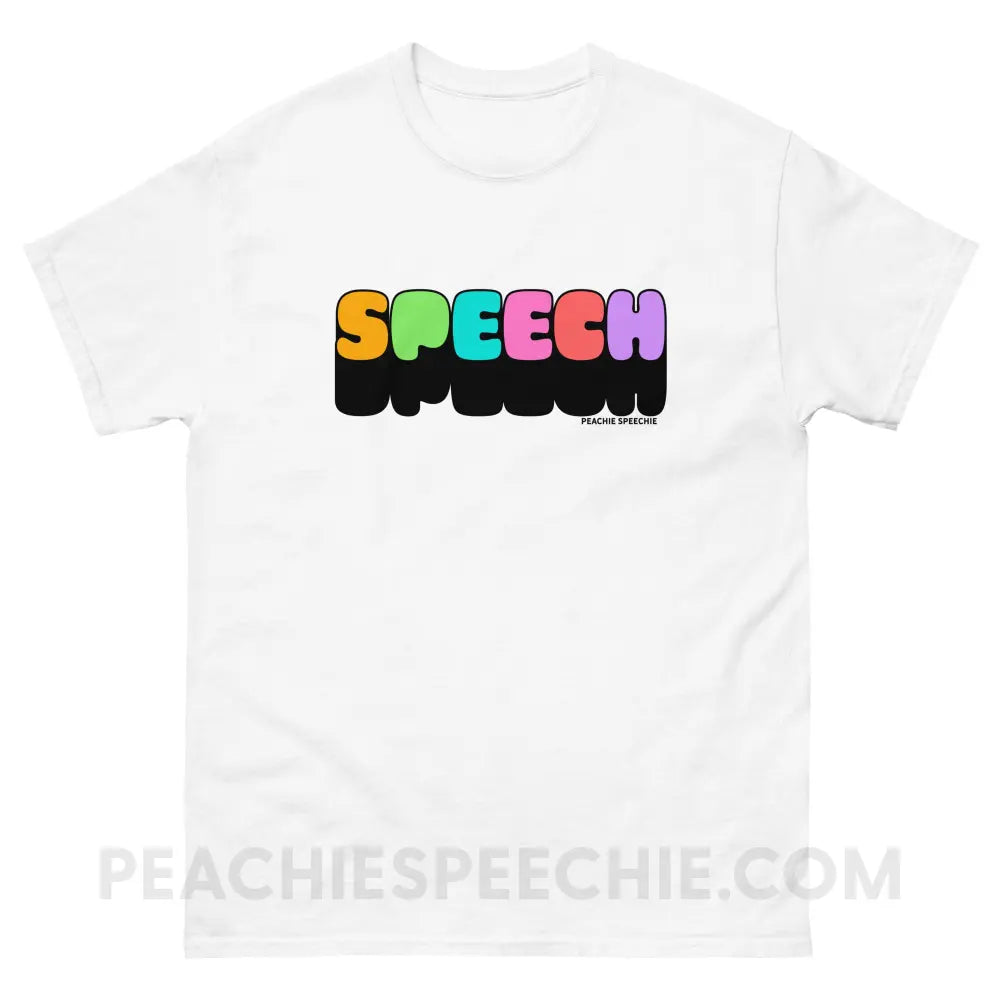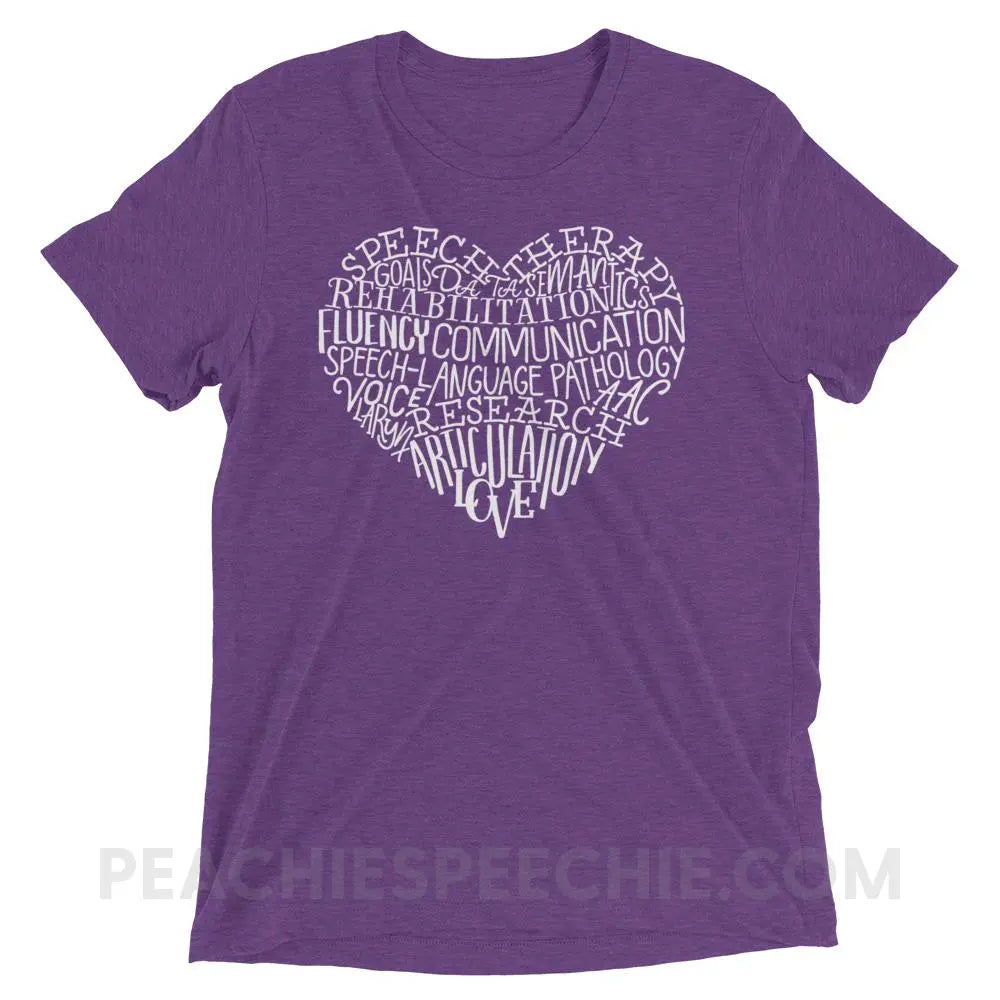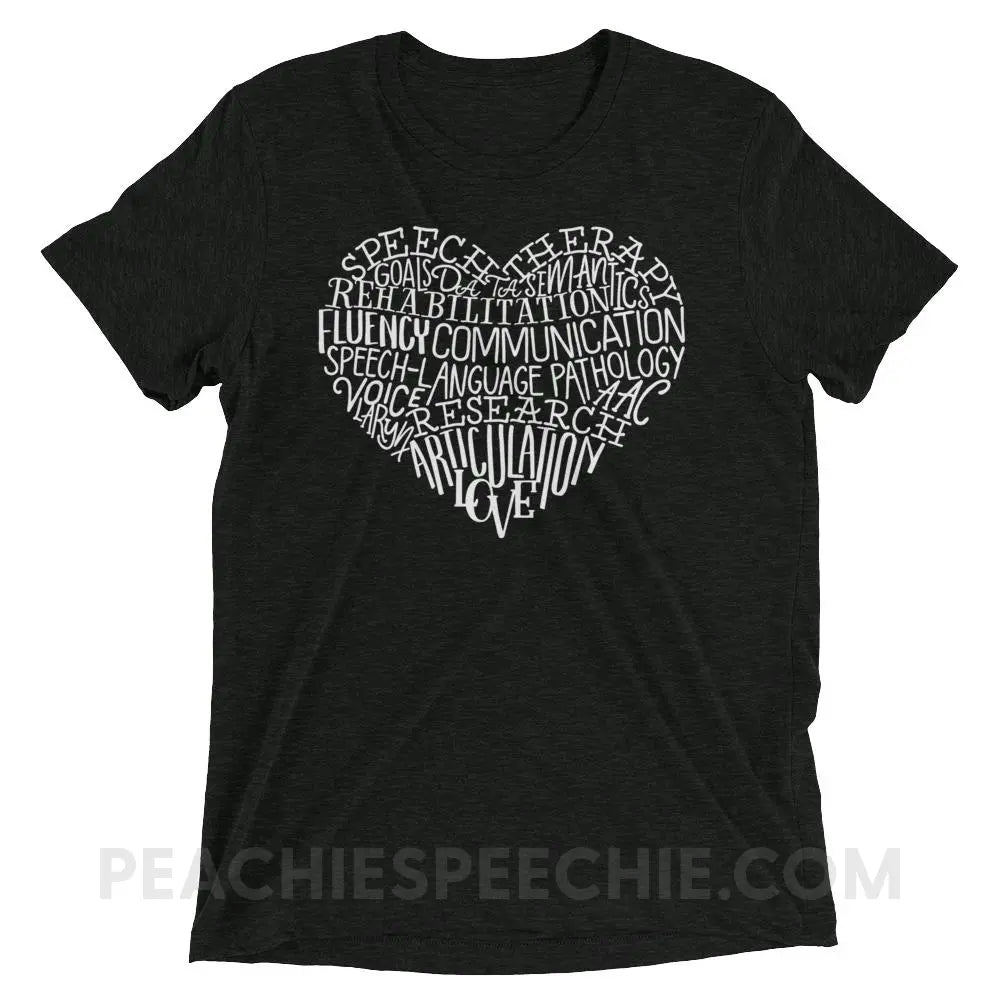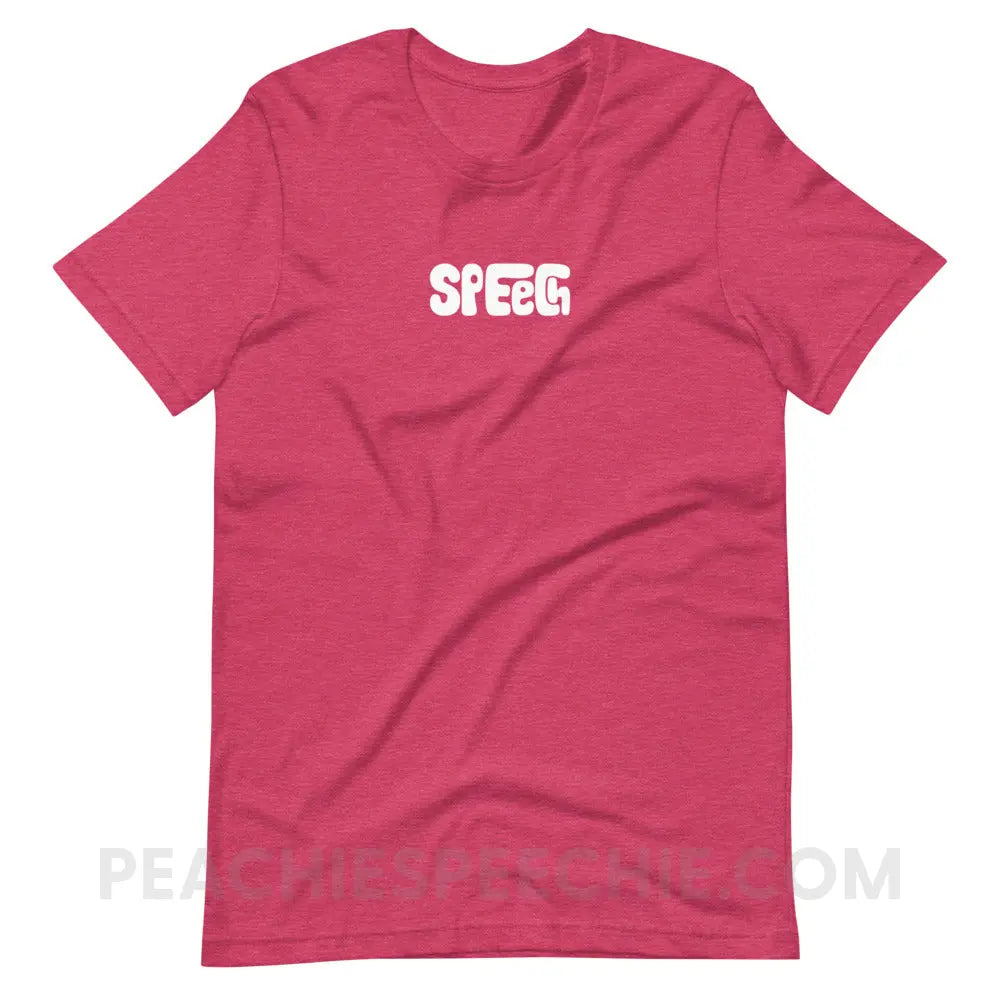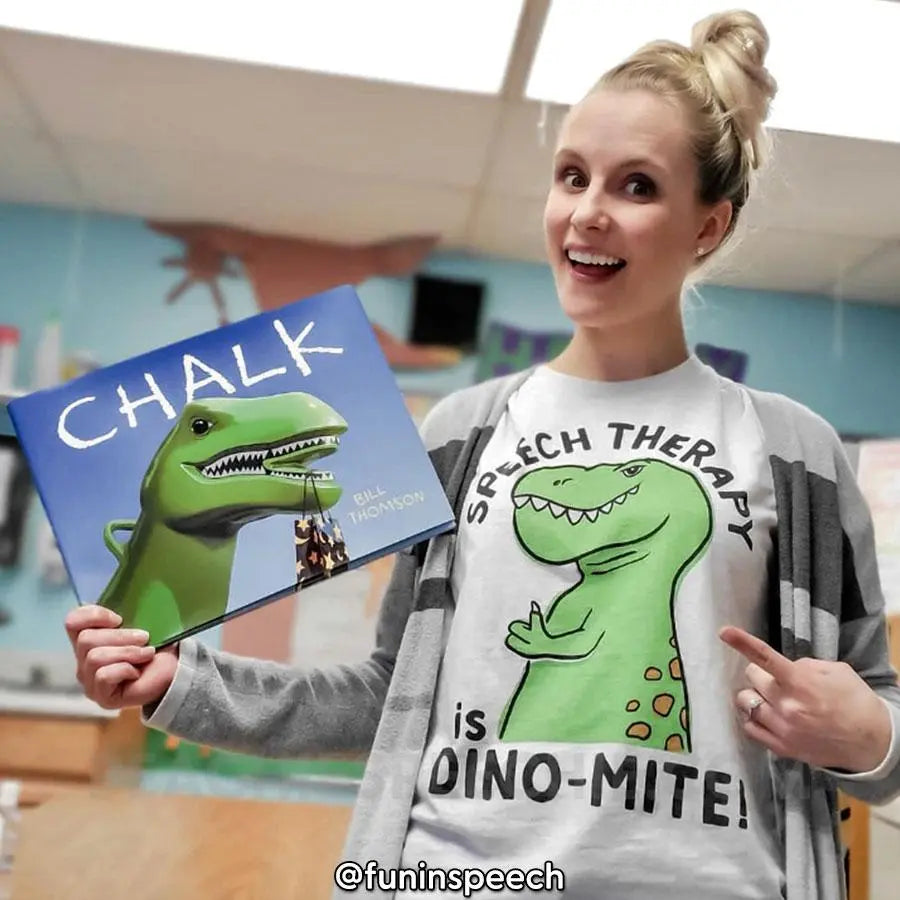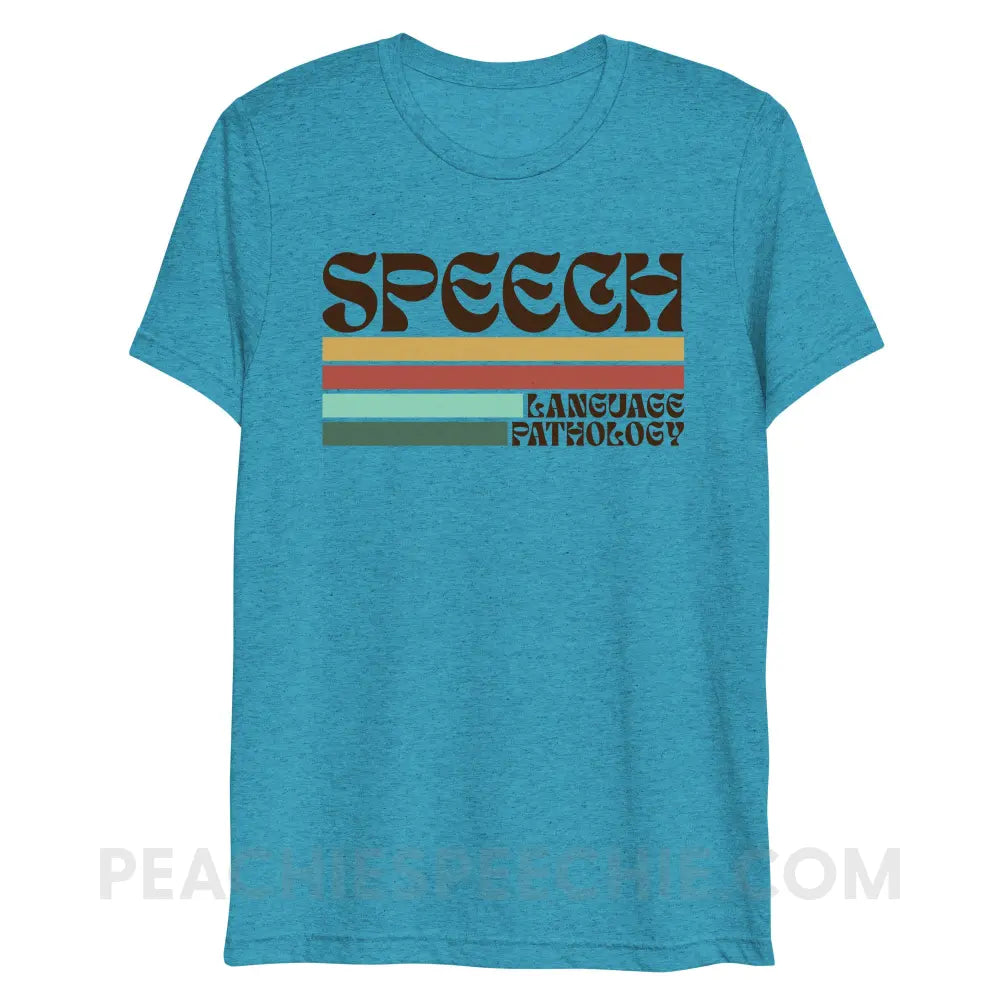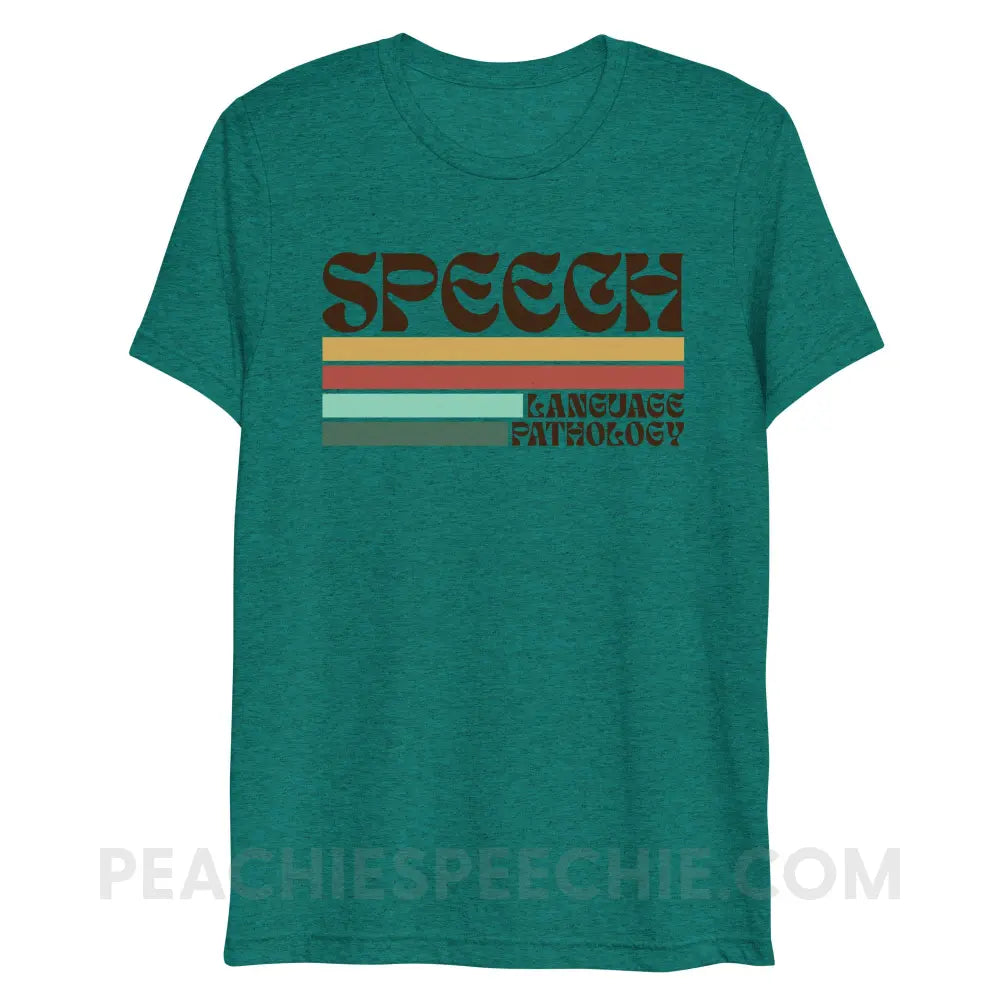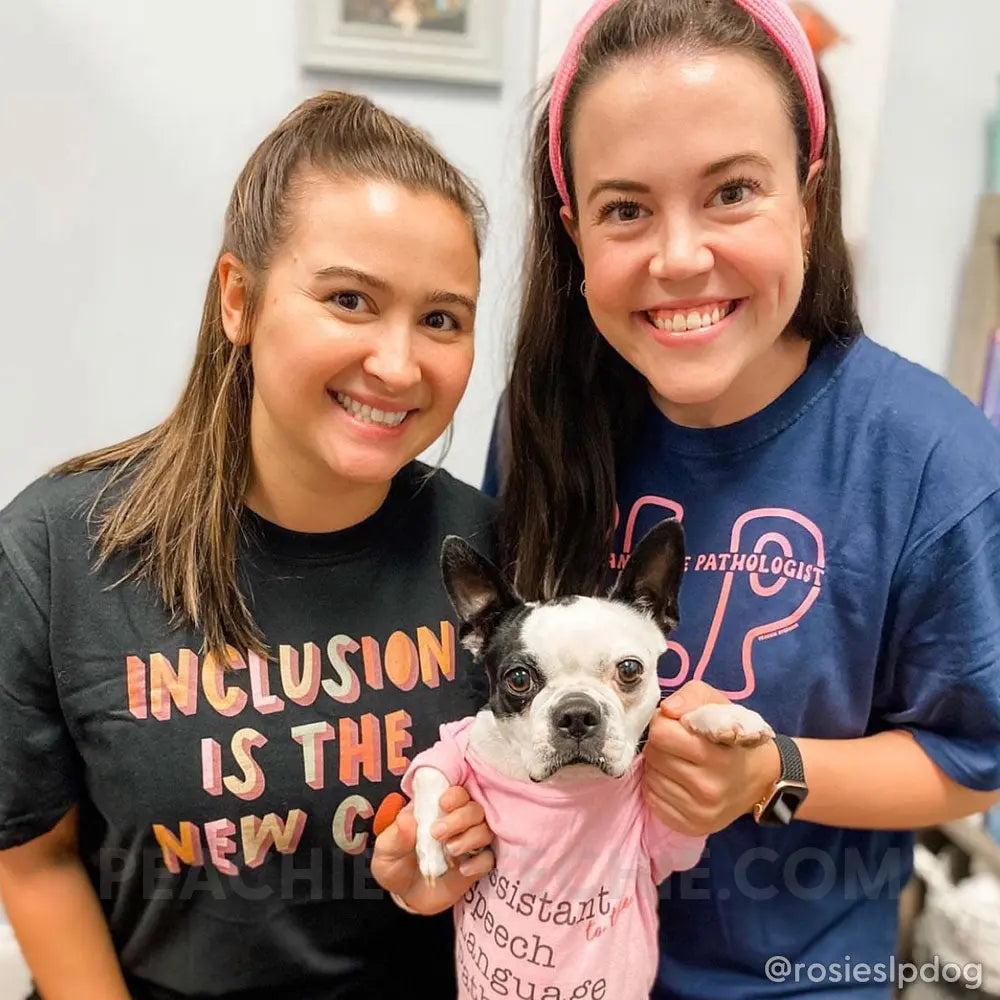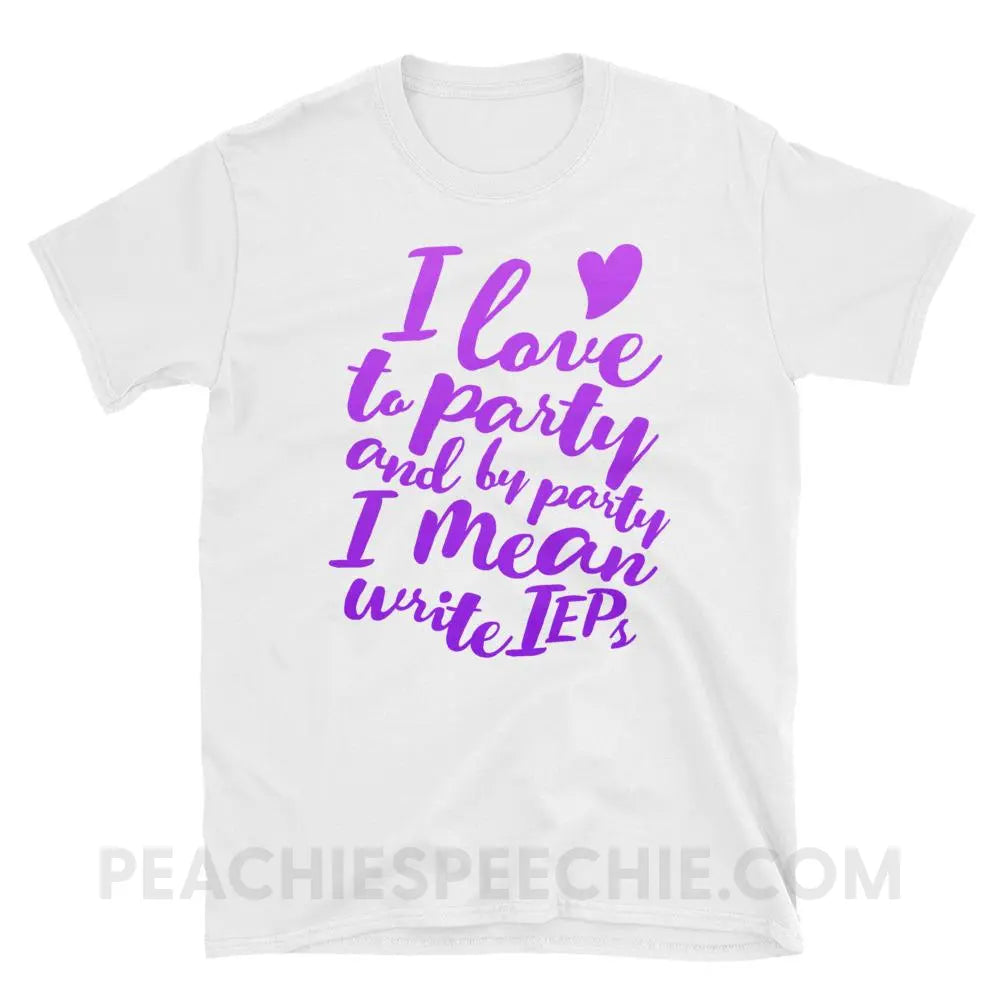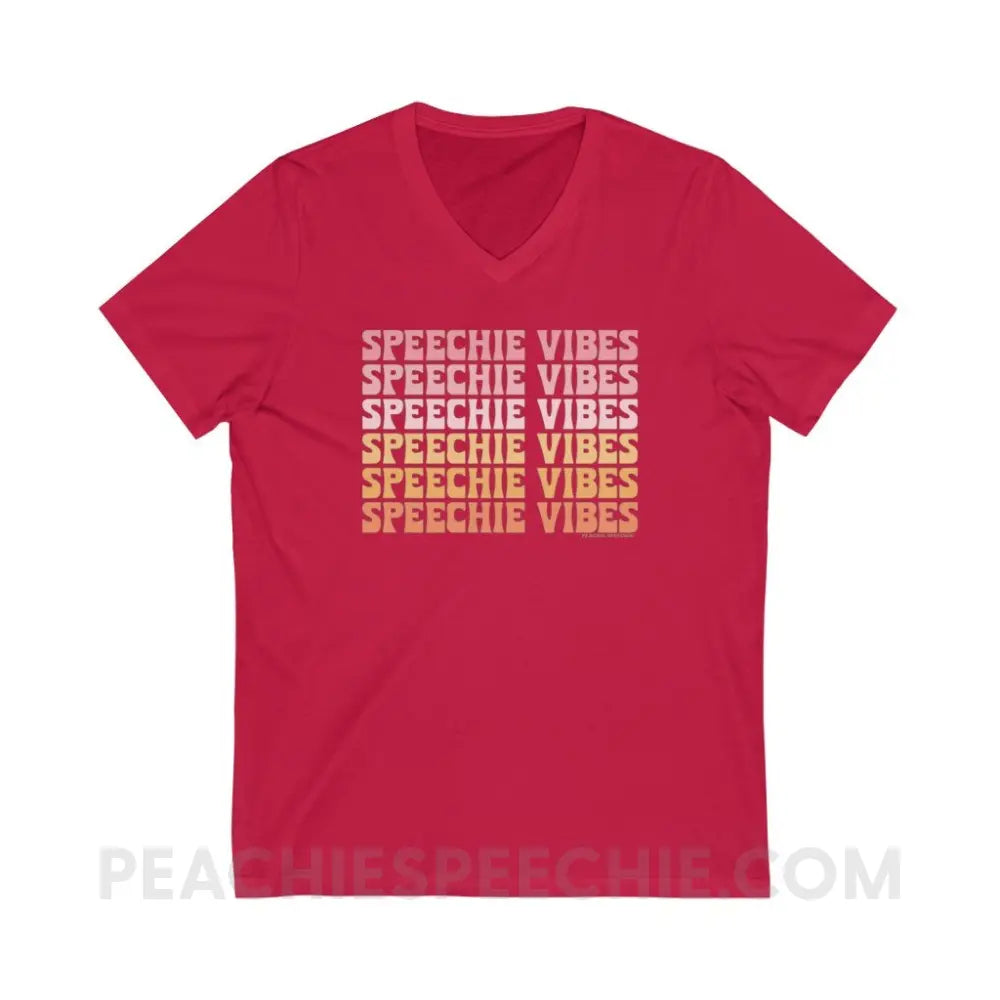Materials for Teaching /r/
Of all the sessions I had in my 10+ years as a school based speech-language pathologist, my favorites were always the articulation and phonology groups. And the R sound is my favorite.
SLPs often ask me to recommend materials for teaching the R sound. So here is a list! If you know someone who could benefit from this list, please share it!
- Get started with your R Sound Toolkit. This is a FREE downloadable set of basic materials to get you started. I recommend it to all new clinicians because having quality visuals and a simple data sheet can give you the boost of confidence you need to get going.
- Free Videos to help your students with R. Be sure to subscribe to the Peachie Speechie YouTube channel where you will find tons of FREE videos for the R sound (and other sounds). If you want accompanying worksheets to use with the videos, you can download them here.
- I Can Say the R Sound: Comprehensive Workbook. This workbook has over 300 pages of instructional and activity pages to help you elicit an R, practice in isolation, syllables, phrases, sentences and connected speech. You can download a pdf ebook or you can purchase the published paperback version on Amazon.
- Coarticulation for the R Sound Workbook. The coarticulation strategy can be super effective for eliciting a vocalic R when your student can already say prevocalic /r/. This workbook contains over 100 pages of worksheets for eliciting vocalic R contexts (ER, AR, AIR, EAR, IRE, and OR) in short phrases and sentences. Click here to watch a free video about coarticulation and how to use this workbook.
- R Sound Chaining: Workbook for Generalization. Speech motor chaining takes the principles of motor learning into consideration and can be effective for generalization of the R sound (Preston, Leece, & Storto, 2019). To do this, you start with a syllable and then move to monosyllabic word → multisyllabic word → phrase → sentence. For example, Ray → Raise → Raisin → Raisin cookies → Mom bakes raisin cookies. This workbook contains 300+ chains for prevocalic and vocalic R.
- Sound-By-Sound Visuals. These flashcards have mouth pictures to represent each sound in the word. This provides placement reminders while also reminding students to include every sound in the word.
Other materials you’ll want to have on hand: Mouth Model for Speech Therapy. I love mouth models. In fact, I collect them. I’ve got a blog post all about the different mouth models and recommendations for which ones you should choose. Read that here.
Tongue Dough! Well, any type of play dough will work for crafting tongues, but I have a special tongue dough recipe that I highly recommend. Find that and directions on how to make a play dough tongue here.
Tongue Depressors. I get flavored ones, but any kind can work. These are great for doing the “Stick Trick for R”. If you want to get fancy, I love the Throat Scope light-up tongue depressor. It really helps students see inside their mouths.
Lollipops. Lollipops can be rubbed along the back lateral margins of the tongue and the “tongue bracing spots” to increase awareness and assist in lateral bracing for the R sound. Dum-Dums work well, and so do “push pop” lollipops. Watch my Reel video of this in action here. Stress Balls or balloons filled with flour to help teach tension. I’ve found sometimes it can help with tongue root retraction and tension to have students squeeze something and pull back with their hand as they practice.
Fun R Sound Posters. Functional decor! Posters for bunched and retroflex R position look cheerful on your speech room wall and also explain tongue placement. Win win!
If you have any additional questions about the R sound, I’m here to help! Email me at meredith@peachiespeechie.com
Xoxox,
Meredith
Thanks for reading the Peachie Speechie blog! Subscribe to our newsletter at the bottom of the page so we can keep in touch. 💌
